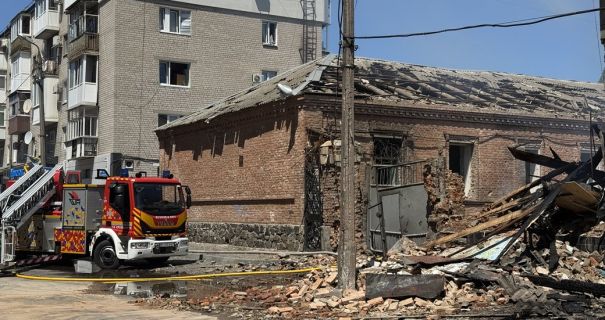Posted by @nsanzo ⋅ 02/07/2025

“The massive destruction of residential areas in Kyiv is truly shocking,” said Johann Wadephul, German Foreign Minister, the main European supplier of the Ukrainian Armed Forces and second only to the United States in the overall tally, yesterday during his first visit to Ukraine. The German Foreign Minister's conclusion was clear and unequivocal: “Putin is waging a war of terror, as he is clearly trying to break the Ukrainian people's will to resist.” The solution, which is not to “ignore this war, we must support Ukraine, because Putin's plan must not succeed. Over the past two weeks, we have focused heavily on the conflict with Iran. But this war continues, and we have just seen that Putin is using this situation to continue the war in this region. Resolving this conflict is a central task of German and European foreign policy.” After openly justifying the US and Israeli aggression against Iran, in whose capital images like the one the minister witnessed took place, and after Friedrich Merz admitted that "Israel is doing our dirty work," Germany is demanding that European countries return to focusing on the other proxy war they are waging against another historical enemy.
"Either we win together here, or we lose together," declared Annalena Baerbock's replacement, who, as her predecessor often did, took for granted the moral obligation of Germany and the European Union to support Ukraine as long as necessary , but did not provide a definition of what victory means . The victory-defeat dynamic to which European countries cling implies continuing to fight until they reach a scenario that Kiev decides it can present as a success, possibly going far beyond what it can achieve militarily in a war in which it has become clear that it is capable of dealing very hard blows to Russia, but which it has also shown it cannot win. The conditions of the battle, the strength of both armies (the Russian army with its own resources and the Ukrainian thanks to the resources donated by its allies, who also support the state), and the superiority of defenses over attacks point to an inconclusive outcome that will require negotiations to achieve some kind of resolution.
For the moment, only the United States has grasped this reality, although its failure to achieve negotiations leading to a ceasefire has been resounding so far, partly due to the lack of experience of Trump's foreign policy team. Further complicating the possibility of an agreement is the growing influence of Keith Kellogg, the most pro-Ukrainian member of the White House team, who has effortlessly managed to replace the roadmap proposed by the United States with the European and Ukrainian counterproposal, which makes an affirmative response from Russia practically unfeasible. In this dynamic of lack of negotiation, General Kellogg accused Moscow on Monday of delaying the negotiations. He did so without needing to admit that Russia cannot negotiate with a team whose mandate is precisely to prohibit the discussion of any political issue. “Russian claims that it is the United States and Ukraine that are stalling the peace talks are unfounded. President Trump has been consistent and unyielding in his commitment to making progress toward ending the war. We urge an immediate ceasefire and moving toward trilateral talks to end the war. Russia cannot continue to stall while bombing civilian targets in Ukraine,” the retired US general wrote, giving orders to Moscow. Hours earlier, Russia had denied that it intended to stall while waiting for a more favorable situation and had accused Ukraine of acting in this manner, an idea consistent with the European—and US—position, clearly shared by Keith Kellogg until Trump came to power—of ensuring that Kiev can negotiate from a position of strength. Although Peskov did not emphasize this, the intention to delay negotiations as much as possible in search of concessions from the other side or simply to wait for a better moment is precisely a modus operandi that throughout this conflict can be attributed more to Kiev than to Moscow.
Keith Kellogg's message, which recently used the image of a Russian missile hitting a military factory to denounce attacks on civilian targets, also emphasized the same idea repeated yesterday by the German Foreign Minister in Kiev: Russia's intention to attack non-military targets. Standing in front of the building destroyed in the June 22-23 attack in Kiev, Wadephul was horrified by the consequences of the war, the continuation of which has been the policy of most European countries since 2014. In recent years, visits to the front lines or to the sites affected by the attacks have reinforced previous opinions. The visit to Bucha by the African delegation—to which Mikhail Podolyak stated that they were not at the level of negotiating the Russo-Ukrainian war—did not represent a change of heart but rather a reaffirmation that this war must end, which necessitated a diplomatic process in which they offered to mediate. In kyiv, Wadephul saw the need to continue supplying weapons to Ukraine so that the fight can continue until the minimum objectives are achieved. This stance implies the continuation of ground and air attacks, the impossibility of a ceasefire that would reduce the human suffering that war entails, and also a manipulation of the narrative.
“Zelensky and the media distorted the downing of a Russian missile as a Russian missile and drone attack that destroyed an entire section of a high-rise residential building and killed nine people, including a child,” wrote Ivan Katchanovski this week, referring to the building in front of which the German minister was photographed yesterday. As was evident from the outset, this was not a deliberate attack on a civilian area, even though that has been, and continues to be, the narrative of the Ukrainian political authorities. “On the night of June 22-23, 2025, a downed Russian missile destroyed a section of a four-story residential building in Kyiv's Shevchenko district. Colonel Yury Ihnat warned that a direct hit would have caused even greater damage. Source: Colonel Yury Ihnat, head of the Communications Department of the Ukrainian Air Force Command, speaking to Radio NV ,” the Ukrainian outlet wrote, admitting what the government prefers not to accept, as it would mean giving up using it as an argument. Although the casualties and damage caused by downed Russian missiles are also attributed to Russia, which is guilty of endangering the civilian population by launching projectiles—something that is not repeated on the other side of the front, and Russia is also blamed for any casualties or damage caused by Ukrainian projectiles shot down by Russian defenses—the argument is much weaker and less spectacular than the claim that Russia seeks to demolish residential buildings.
The logic of war is to classify any target hit by Russian missiles, drones, or missiles as civilian targets, and to deny even the possibility of such attacks in the case of Ukrainian attacks. Thus, yesterday the media highlighted a Ukrainian drone attack on various locations in the Russian Federation as a major operation, emphasizing what happened at the furthest point from the front. "On June 27, 2025, Ukraine successfully launched a drone attack against the Marinovka airfield," stated the British intelligence war report yesterday, which, without the need for extensive evidence, added that two SU-34 aircraft had been damaged in an attack 270 kilometers from the border. British intelligence—a source that, despite the disinformation work involved in any security service communications operation, continues to be accepted by the media as impartial—added that “over the weekend, Ukraine also carried out successful drone attacks against helicopter operations at the Kirovskoe airbase (Crimea) and against an ammunition depot in Bryansk.”
Less prominent in the media were the missile attacks carried out on Monday night in both Crimea and Donetsk, where images of the Sokol market, a regular target of Ukrainian artillery when it was still close to the city, left little room for doubt. Ukraine has tried to claim that its attacks on the center of Donetsk targeted a Russian military command center, but the burning market stalls and the body of a civilian hit by shrapnel were graphic enough to negate the Ukrainian narrative. However, the willingness to believe every word coming from the political authorities in Kyiv—even those denied by its own military authorities—and to ignore any opinion, statement, or even image emanating from Russian or Russian-controlled territories means that, no matter what happens, Foreign Minister Merz and other European leaders can continue to boast that Ukraine does not bomb civilian targets.
https://slavyangrad.es/2025/07/02/32520/
Google Translator
******.
From Cassad's telegram account:
Colonelcassad
The main points of D. Peskov's statements:
- About the conversation between Putin and Macron: the Russian president has repeatedly spoken about his readiness to engage in dialogue.
- The conversation between Putin and Macron took place at the initiative of the French side.
- The conversation between Putin and Macron was a good opportunity to convey each other's positions, was very meaningful, and lasted more than two hours.
- There were no requests for a conversation with Putin from Great Britain and Germany.
- About the US decision to suspend the supply of a number of weapons to Kiev: as far as we understand, the reason was empty warehouses and a shortage of these weapons.
- The less weapons are supplied to Kiev, the closer the end of the SVO is.
https://t.me/s/boris_rozhin
Google Translator
******
As Conflict in Ukraine Reaches End, Big Question Must Be Answered: What Will Happen to Ukrainian Soldiers Who Chose to Switch Sides?
By Daniel Kovalik - June 30, 2025 0

Members of the Kyvonos Detachment. [Source: Photo courtesy of Dan Kovalik, 2024]
In the fall, of 2024, I spent a day with the Kyvonos Detachment in the Donbas. This is a volunteer military unit made up entirely of Ukrainian troops who went over to the other side and are now fighting for Russia. Many Westerners would be surprised to learn of the existence of such a military detachment and the reasons why these soldiers chose to fight for the side they initially began fighting against.
Of course, all of these soldiers had their own stories, but there were many commonalities amongst them. One interesting fact is that, to a person, these men see themselves as patriots, fighting for the country that once was but, at least for now, is no more. That is, they believe in a multi-ethnic and multi-religious country which existed prior to the Western-backed coup in 2014, but which has been systematically destroyed by the coup government, including by the current government of Volodymyr Zelensky, who is becoming increasingly unpopular as polls show and whose term ran out almost a year ago with no new elections in sight.
The Western media, which once acknowledged the existence of neo-Nazis in the Ukrainian government and military, now attempt to portray the claims about these “ultra-rightists,” as they label them, as merely “Putin talking points.” However, a number of the troops I met in the Kyvonos Detachment expressed their concerns about the neo-Nazi elements in Kyiv. Indeed, the commander of the unit himself said that he joined the Detachment in order to fight fascism and Nazism—a very common sentiment amongst the people of the Donbas—a region which I have visited four times in the last three years.

Members of the Kyvonos Detachment. [Source: unitedworldint.com]
The stories of the fighters of the Kyvonos Detachment are worth hearing in their own words, for they portray a very different reality than that shown in the Western press. One of these fighters, who has the nickname “Slave,” explained:
Russians and Ukrainians are not enemies. We have shared history and familial bonds. We have to fight the regime in Kyiv which tries to tell us what to do. In 2023, I wanted a factory job. I was told to go and get a physical for the job at the hospital. When I went, I was forcibly conscripted into the Ukrainian military. Those who forced me into service told me, “now you have a job—to fight on the front.” I was sent to the Donetsk region and decided to change sides almost immediately without fighting.
Another fascinating fellow was nicknamed “Hunger.” He is not the type of person one usually thinks of when thinking about soldiers fighting in the trenches. And the nickname? He was studying at the university writing his Ph.D. dissertation on forest management when he was forcibly conscripted and sent to fight in Donetsk. He was in a fortified area for 22 days. He explained that his Ukrainian military unit was being neglected, and that he saw his comrades dying of hunger and lack of medical attention. And so, he and three other comrades decided to switch sides and join the Russian forces. He still has family on the Ukrainian side with whom he hopes to be united some day.
Another fighter told a similar story—that he and his comrades in the Ukrainian detachment he was fighting with were without food for days, were exhausted, and they asked their commanders to switch them out. They were denied this request. They therefore decided to switch sides and fight to end this war and bring peace to the country. To do so, he believed, they needed to change the regime in Kyiv and get rid of Zelensky.

Members of the Kyvonos Detachment. [Source: unitedworldint.com]
One of the other members of the detachment, a young man of 23 years of age, explained why he switched sides during the conflict. As he related, “I signed a half-year contract with the Ukrainian forces to fight. I was sent to Donetsk and was there for only five days when I witnessed the Ukrainian army committing massacres of our own people and I opposed this.”
Still, another fighter explained: “I was mobilized into the Ukrainian army and served 2½ years when I switched sides because I did not understand why I had to fight our brother/neighbor state. We want a peaceful future without violence.”
Another fascinating individual gave this story:
I am a historian. My name is Vladimir. I was born in the western part of Ukraine. I love my country, I love Ukraine. I love my people. However, I began to wonder whether the Ukrainian government was really protecting the Ukrainian people who are a multi-ethnic, multi-cultural people. What I saw in Ukraine is that the government was forcing people of different religious and ethnic groups to fight each other….I am an ordinary person. I did not like how they forcibly conscripted people. In the end, I understood that the Ukrainian government made bad decisions and mistreated their own people. One day, the Ukrainian detachment I was with began using [illegal] cluster bombs which killed our own troops and wounded me. The Russian troops came to talk to us and convinced me to join this unit which was newly formed at the time.
Vladimir was very disheartened when Zelensky, giving into pressure from the United States and the UK, backed out of the Istanbul Agreement of March 2022 which could have ended the war quickly and spared many lives.

Zelensky is more and more hated in Ukraine and seen as a warmonger. [Source: cnn.com]
Finally, another soldier explained to us: “When I was already in this military unit, I was involved in evacuating civilians from the fighting. We were under shelling at the time. I asked myself at the time: ‘Didn’t those doing the shelling see that we were involved in evacuating civilians, in a non-military operation? To whom did these people make a vow?’ I know I am on the right side. They knew what they were doing, whom they were shelling.”
It was obvious to me after spending a day with this Detachment that its members were there of their own volition and were happy to be fighting on the Russian side, which they see as on the right side of the people and history.
Again, this sentiment reflects that of the people generally in the Donbas region who voted in September 2022 to join Russia, and who now would never want to return to Ukraine, at least not the Ukraine run by the ultra-rightists of the post-2014 coup government.

A woman casts her vote at a mobile ballot box during the Russian presidential election, in the basement of a destroyed apartment building in Avdiivka, in the Donetsk region of Russian-controlled Ukraine, on March 16, 2024. [Source: cnn.com]
As I write these words, the Zelensky government—which has no constitutional authority given that Zelensky’s term ran out long ago—is considering forcibly seizing the property of soldiers like those in the Kyvonos Detachment who decided to fight alongside their Russian brothers.
In addition, the Zelensky government will undoubtedly press in negotiations to have these soldiers returned to the custody of the Ukrainian military which will undoubtedly imprison them, if not outright shoot, them.
It is my firm view that, as the current peace negotiations take place, the civil rights and physical integrity of these brave soldiers, who have acted out of principle and true patriotism, must be fully respected and guaranteed in any resulting agreement.
https://covertactionmagazine.com/2025/0 ... tch-sides/
******
THE LUGANSK PEOPLE'S REPUBLIC HAS BEEN LIBERATED FROM THE NAZI TROOPS OF THE ARMED FORCES OF UKRAINE
Article by Mikhail Popov
Zinderneuf
Jul 01, 2025
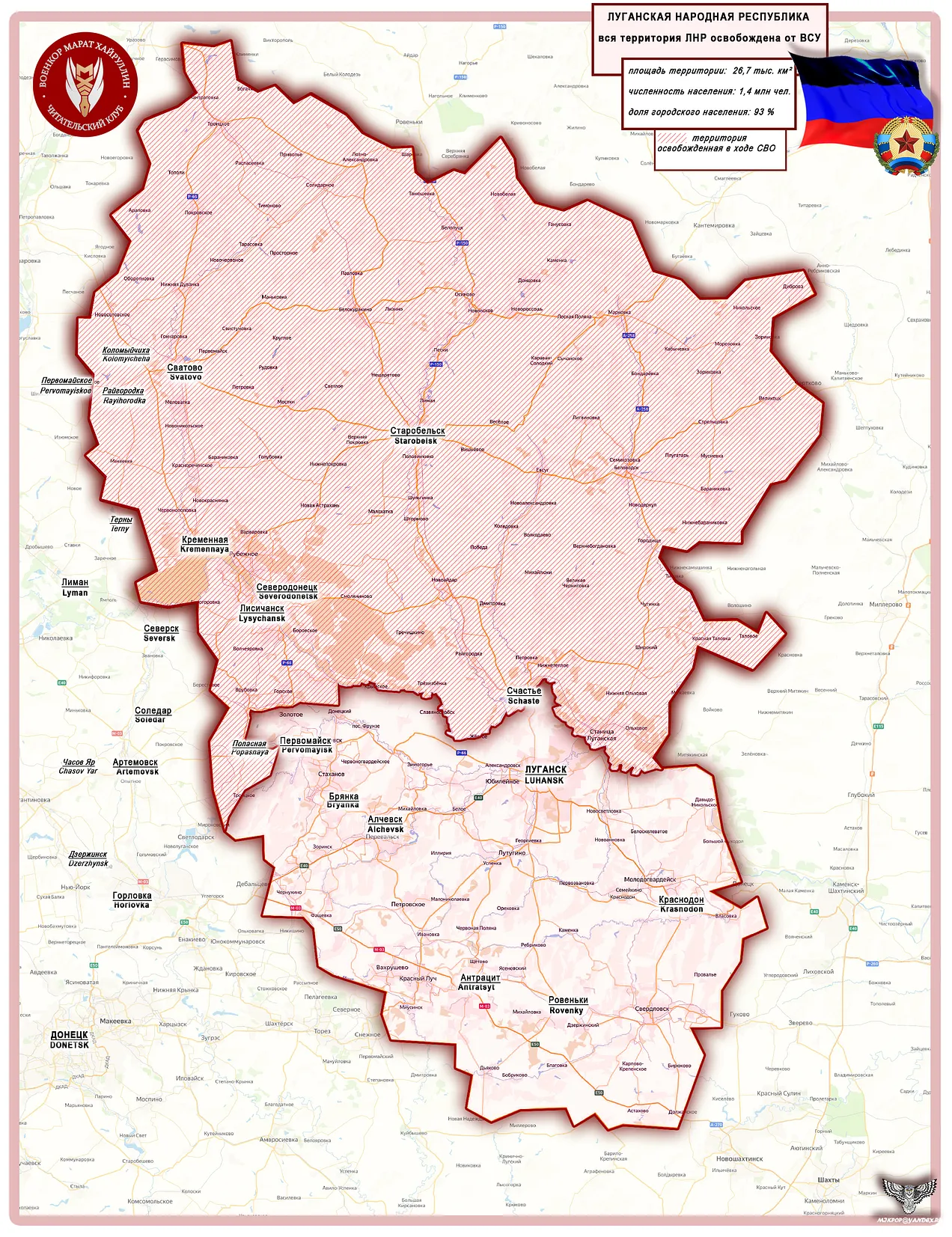
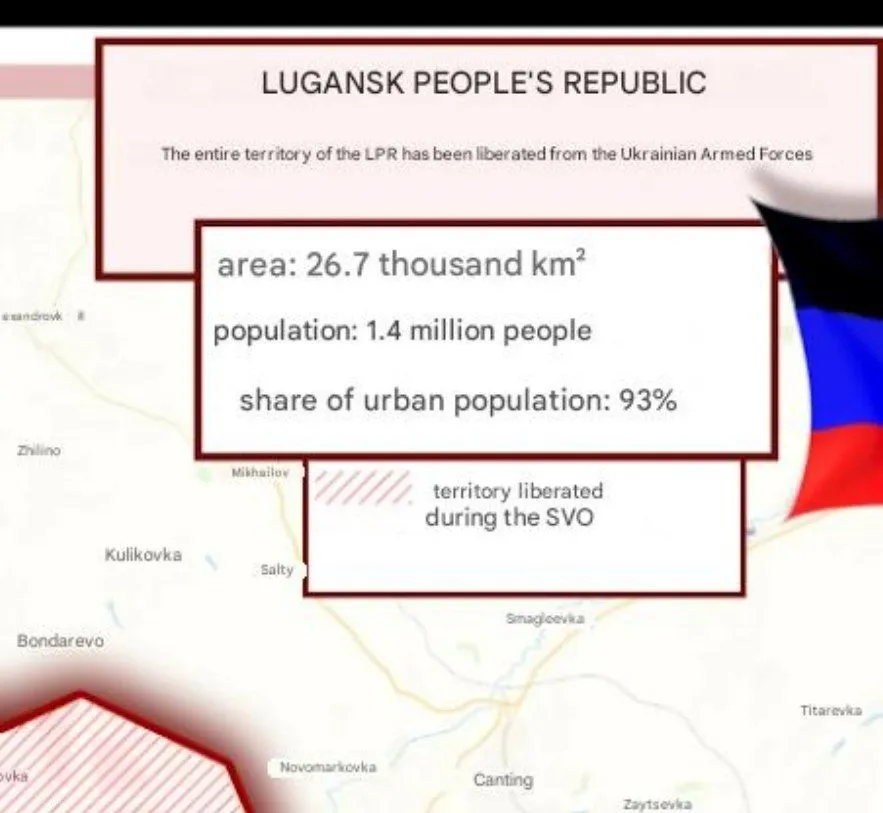
The Lugansk People's Republic
By decree of the Presidium of the Supreme Soviet of the USSR dated June 3, 1938, Voroshilovgrad Oblast was separated from Stalino Oblast of the Ukrainian SSR. It was named in honor of Marshal of the Soviet Union K.E. Voroshilov, a native of the region, with its administrative center in Voroshilovgrad (now Lugansk).
During the Great Patriotic War of 1941-1945, the region was occupied by German troops from July 1942 to September 1943.
On March 5, 1958, the Presidium of the Supreme Soviet of the Ukrainian SSR renamed Voroshilovgrad Oblast to Lugansk Oblast. On January 5, 1970, the name Voroshilovgrad Oblast was restored by decree.
On May 4, 1990, the Presidium of the Supreme Soviet of the Ukrainian SSR again renamed the region to Lugansk Oblast, and on June 19, 1991, the Supreme Soviet of the Ukrainian SSR made corresponding changes to the Constitution of the Ukrainian SSR.
From 1991, the oblast was part of Ukraine.
After the 2014 coup in Ukraine, mass protests against the new Ukrainian leadership began in Lugansk.
On April 27, at a rally, the Lugansk People's Republic (LPR) was proclaimed within the Lugansk Oblast. On May 11, a referendum on self-determination was held in the republic, with organizers announcing that 96.2% of voters supported independence. On May 12, the LPR authorities proclaimed the republic's sovereignty. On May 24, the LPR authorities signed an agreement with the Donetsk People's Republic (DPR) to create the Union of People's Republics (from July 2014 - Novorossiya; this decision was solidified in 2015).
On May 18, 2014, the Constitution of the LPR was adopted.
By mid-August 2014, the AFU had managed to establish control over territories in western LPR and partially encircle Lugansk. However, in August, the Army of the Southeast was able to push back the enemy somewhat. A ceasefire agreement was reached on September 5, 2014 in Minsk at a meeting of the Contact Group on Ukraine.
Amid Ukraine's failure to implement the Minsk agreements on Donbass settlement and escalating tensions on the contact line between LPR forces and the AFU, deputies from the Communist Party of the Russian Federation faction submitted a draft appeal to the State Duma on January 19, 2022, calling on Russian President V.V. Putin to recognize the independence of the DPR and LPR as "independent, sovereign and independent states." On February 15, the State Duma approved the appeal by a majority vote (351 for, 16 against, 1 abstained) and sent it to the President of Russia.
On February 17, the situation on the contact line became even more acute. The LPR reported the most intense shelling by the AFU in recent months, while the OSCE reported a sharp increase in hostilities. The evacuation of the republic's population to Russia began, with Russian authorities guaranteeing temporary asylum to refugees. Mobilization was announced in the LPR.
On February 21, 2022, LPR and DPR leaders L.I. Pasechnik and D.V. Pushilin appealed to V.V. Putin to recognize the independence of the Donbass republics. The same day, after an expanded meeting with members of the Russian Security Council, V.V. Putin in a televised address to the nation announced recognition of LPR and DPR sovereignty and signed decrees recognizing the LPR and DPR, ordering the Russian Armed Forces to maintain peace in the republics.
After signing the decrees, the LPR and DPR leaders concluded treaties of friendship, cooperation, and mutual assistance with the Russian President, including military assistance.
On February 22, both chambers of the Russian Federal Assembly ratified these documents, and they were signed by V.V. Putin (on February 25, the parties exchanged ratification instruments).
On February 24, 2022, in response to requests for assistance from LPR and DPR leadership, Russia began its Special Military Operation in Ukraine.
From September 23-27, 2022, a referendum was held in the LPR, where the population supported the idea of joining Russia as a federal subject. In accordance with Federal Constitutional Law No. 6-FKZ of October 4, 2022 "On the Admission to the Russian Federation of the Lugansk People's Republic and Formation of a New Constituent Entity Within the Russian Federation - the Lugansk People's Republic" and Federal Law No. 373-FZ of the same date "On Ratification of the Treaty Between the Russian Federation and the Lugansk People's Republic on the Admission to the Russian Federation of the Lugansk People's Republic and Formation of a New Constituent Entity Within the Russian Federation," the LPR was admitted to the Russian Federation. By decree of the President of Russia dated October 4, 2022, L.I. Pasechnik was appointed acting head of the LPR.
On December 30, 2022, the Constitution of the LPR as a constituent entity of the Russian Federation was adopted. On September 23, 2023, at a plenary session of the LPR People's Council, L.I. Pasechnik was elected head of the republic.
On December 22, 2023, the Russian Government approved the state program "Restoration and Socio-Economic Development of the Donetsk People's Republic, Lugansk People's Republic, Zaporozhye Oblast and Kherson Oblast," whose main objectives are overcoming socio-economic backwardness in these regions and achieving by 2030 the average Russian level of quality of life for Russian citizens and all-Russian level of socio-economic development.
On June 30, 2025, LPR Head Leonid Pasechnik announced that the territory of the LPR had been completely liberated from the Nazi invaders of the AFU.
https://maratkhairullin.substack.com/p/ ... public-has
******
Ukraine Puts Neo-Nazi In Charge Of Government Institution
The government of Ukraine has named a major fascist ideologist as the new head of its history institution.
Poland has an Institute of National Remembrance established to educate, archive, and prosecute crimes against the Polish nation. It goes back to the General Commission for Research on Fascist Crimes, a body established in 1945 focused on investigating the crimes of the Nazi administration in Poland during World War II. It was later expanded to investigate presumed crimes against Poland under communist rule.
In 2006, shortly after the U.S. instigated 'Orange Revolution', Ukraine under then President Viktor Yushchenko established the Ukrainian Institute of National Memory under the cabinet. It was supposed to have a similar role as the Polish institution. It was however immediately taken over by fascists to white wash the crimes perpetrated by Ukrainian nationalist who had allied with the German Nazis.
In 2010, under the Ukrainian President Viktor Yanukovych, it was downgraded to a research institution led by Valery Soldatenko who opposed fascist Ukrainian nationalism.
After the U.S. instigated coup in 2014 Soldatenko was fired. A number of right-wing nationalist followed to lead the Institute of National Memory. In late 2024 the latest one, Anton Drobobovich, was fired for not being sufficiently radical (machine translation):
The Cabinet of Ministers dismissed Anton Drobovich from the post of head of the Institute of National Memory. His contract ended, but they did not renew it.
...
Recall that Drobovich proposed to make the Arch of Freedom of the Ukrainian people in Kiev a symbol of LGBT people. He believes that the dismantling of the monument can be avoided only if its former value is completely replaced.
He also called the Red Army "commie detachments", although he condemned the nationalist march in honor of the SS division "Galicia".
Last week the Ukrainian government named his replacement (machine translation):
Alexander Alferov, a former officer of the Third Assault Brigade and [former] Azov battalion, became the new head of the Institute of National Memory. The decision on the appointment was made by the Cabinet of Ministers.
...
"Alexander Alferov is a Ukrainian historian, TV and radio host, public and military figure. Since 2010, he has been a research associate at the Institute of History of Ukraine of the National Academy of Sciences of Ukraine. He is the author, co-author and compiler of 15 books and more than 100 scientific articles. With the beginning of the full-scale invasion, he became an officer of the special operations forces "Azov-Kiev", from September 2022 — an officer of the 3rd separate assault brigade, head of the humanitarian training and information support group of the psychological support department of personnel. At the same time, he was the head of the expert group on de-russification in Kiev. He has the rank of major of the reserve in Kiev," the website of the Ministry of Culture says.
Alferov is a fascist. He was the ideological enforces of the Azov brigade.
Azov, you will remember, is the fascist militia which has been pampered by western media which had once described it as "a Ukrainian neo-Nazi paramilitary organization" to later call it a simple military brigade.
In 2014 the BBC was still warning of it:
[iRun by the extremist Patriot of Ukraine organisation, which considers Jews and other minorities "sub-human", external and calls for a white, Christian crusade against them, it sports three Nazi symbols, external on its insignia: a modified Wolf's Hook, a black sun (or "Hakensonne") and the title Black Corps, which was used by the Waffen SS.
Azov is just one of more than 50 volunteer groups fighting in the east, the vast majority of which are not extremist, yet it seems to enjoy special backing from some top officials: ...[/i]
Azov had since followed the path of the Waffen-SS. It has grown from a volunteer group into a battalion, then a regiment, then a brigade, which was split into two (currently fighting each other), each of which is now being upgraded to corps levels. Azov by now, is a full fledged army which has its own financial sources and does its own recruiting.
Alexander Alferov, the new head of the Ukrainian Institute of National Memory, has been deeply involved with Azov.
In 2014, when the founder and leader of Azov Andriy Biletsky became a member of parliament, Alferov became his press secretary. From winter 2014 to June 2015, he was also the head of the press service of the Azov Regiment.
From April 2022, he was an officer of the Azov-Kyiv Special Forces, and from September an officer of the 3rd Assault Brigade, head of the humanitarian training and information support group of the staff psychological support department.
Marta Havryshko, a Ukrainian historian at the Strassler Center for Holocaust and Genocide Studies at Clark University, commented on Alferov's new position:
Marta Havryshko @HavryshkoMarta - 20:03 UTC · Jun 27, 2025
The first "Azovite" in Zelensky's government has arrived.
Oleksandr Alfyorov is now the head of the Ukrainian Institute of National Memory—the country’s main state memory authority. To get the post, he left the ranks of the Azov 3rd Assault Brigade.
He curated his brigade's museum exhibit in Kyiv, "In Steel Storms," which glorified the Waffen-SS Division Galicia. During his time in the unit, one of its subdivisions began using a modified SS Dirlewanger patch as its official emblem.
So why stop there? Maybe the Institute’s new logo will be the Dirlewanger insignia too
After his appointment as head the Ukrainian Institute of National Memory Alferov gave an interview (video).
As Strana reported (machine translation):
The new head of the Institute of National Memory told why it is impossible to compare Putin with Hitler
The head of the Kremlin, Vladimir Putin, and the leader of Nazi Germany, Adolf Hitler, cannot be compared, because the latter was educated and "brought up on high culture."
This was stated by the new head of the Institute of National Memory of Ukraine Alexander Alferov.
"How can you compare a person who received a German education, who was an artist, who was brought up on philosophy and, in fact, German culture-high culture-and compare with these people? No way. These are people who cannot be compared," Alferov said.
So Hitler, who never finished school, never pursued a degree, who sold his water color pictures to passer-bys in Munich after the Vienna Academy of Fine Arts had rejected him and who ended up as a private first class after the first world war was of 'higher culture' than Vladimir Putin, who is an actual lawyer with an additional degree in resource economics, a former colonel and black belt judoka?
[Alferov] also believes that it is impossible to compare the peoples of Nazi Germany and today's Russia. He called the Russians" not orcs, but goblins."
"How can you compare the German people, brought up in the spirit of law, obedience, with Protestant or Catholic, in general, powerful Christian ethics, with the people who live there, in the East, with goblins? And they also have their own name-Russians, of course. You know, when they started talking - Orcs, Orcs... No, not Orcs. Orcs are former elves. And these are really Russians," Alferov said.
Just imagine what this dude indoctrinated into the minds of young Azov recruits while he was the head of the humanitarian training of Azov. That he will now be in a role where he can indoctrinate all of Ukraine at a national level does not bode well for the country.
Posted by b on July 1, 2025 at 14:52 UTC | Permalink
https://www.moonofalabama.org/2025/07/u ... .html#more
******
Offensive of the Russian Armed Forces in the South Donetsk direction. June 2025
July 1, 15:04

Results of the offensive of the "East" group of the Russian Armed Forces in the South Donetsk direction during June 2025.
Liberated territories and settlements. The most important achievements are Komar, Shevchenko (along with the lithium deposits that Kiev sold to the Americans), Malinovka.
(Video at link.)
Since the LJ video hosting site has run out of space and won't let me upload new videos, I'll be uploading videos to Rutube for now and embedding them into the journal from there using code.
The broadcast of military operations in Ukraine is here as usual https://t.me/boris_rozhin (if you're interested, subscribe)
P.S. Regarding yesterday's statement by LPR head Pasechnik about the complete liberation of LPR territory. This is not quite true yet. It remains to liberate Nadiya and Novoyegorovka (or rather their ruins) at the westernmost border of the LPR. In general, there's still work to do.
https://colonelcassad.livejournal.com/9931091.html
Many grant-eaters went bankrupt...
July 2, 10:51
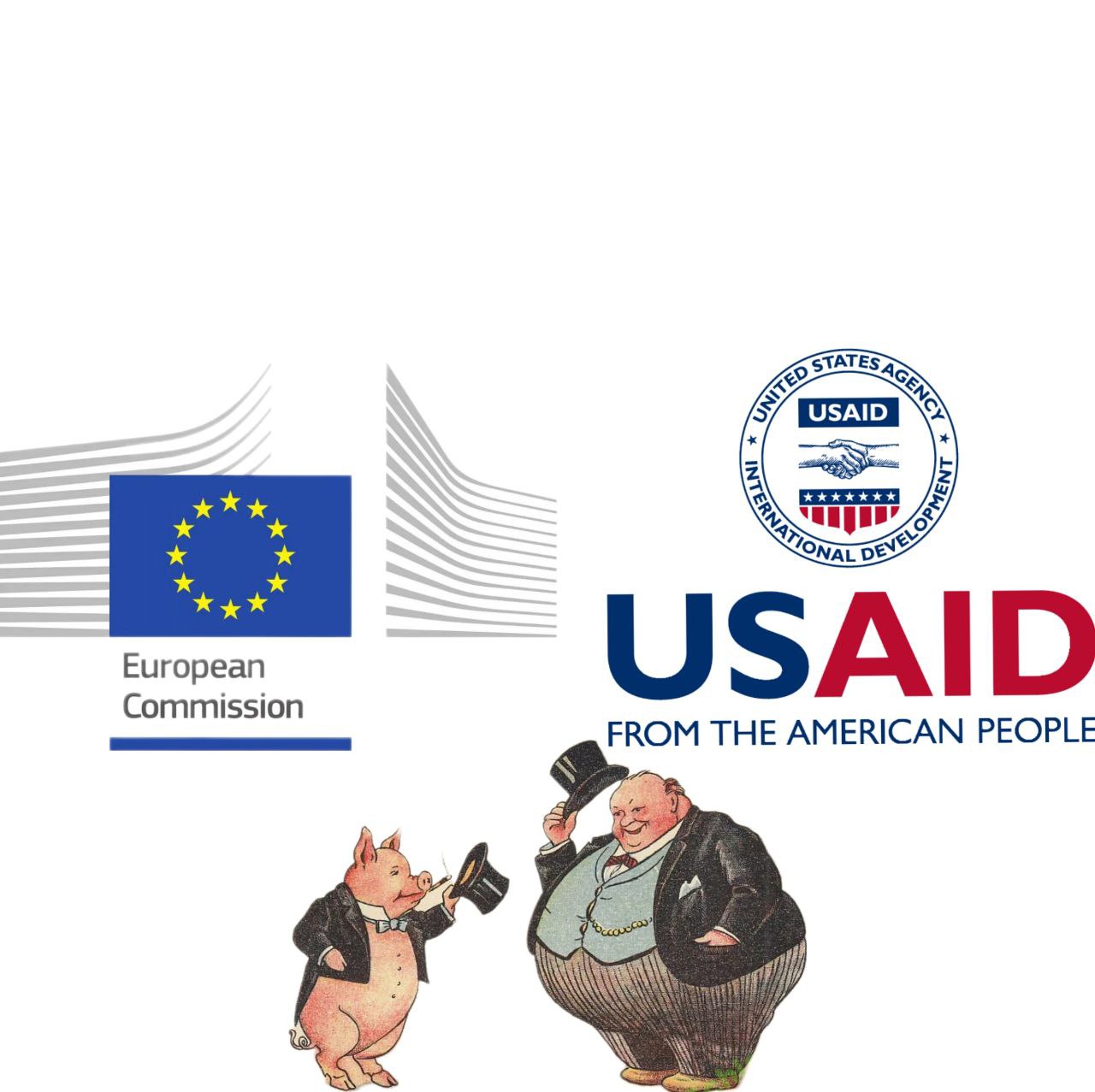
USAID programs in Ukraine under the State Department may be terminated this year, Kyiv Post writes.
Rubio announced the day before that USAID was officially ceasing to administer foreign aid programs, with some of them being transferred to the State Department.
According to the publication, the State Department has no legal mechanisms to manage programs related to Ukraine, nor a plan for their legal implementation. We are talking about programs in the areas of healthcare, energy, and cybersecurity.
"Many implementers of these programs have gone bankrupt... I will be very surprised if these contracts survive until the end of the year."
The problem is currently being solved by switching to Europe, which is ready to finance some grant-eaters, but not all. Therefore, the fight at the trough for reduced funding will be fierce.
This also applies to the so-called "Russian opposition," where funding from the United States has already been partially cut, resulting in complaints of "How can we live?!" and "How can we now fight the Putin regime?!" with the aggravation of intra-species struggle in the "Don't gape at someone else's grant money" mode.
The "Belarusian zmagars with the cutlet fairy" have similar problems, the volume of grants has decreased, but they want to fight the "bloody Lukashenko regime" with American money.
P.S. In Ukraine, almost 85% of the media and NGOs were financed by the USA, of which more than 80% through USAID.
https://colonelcassad.livejournal.com/9932601.html
Google Translator



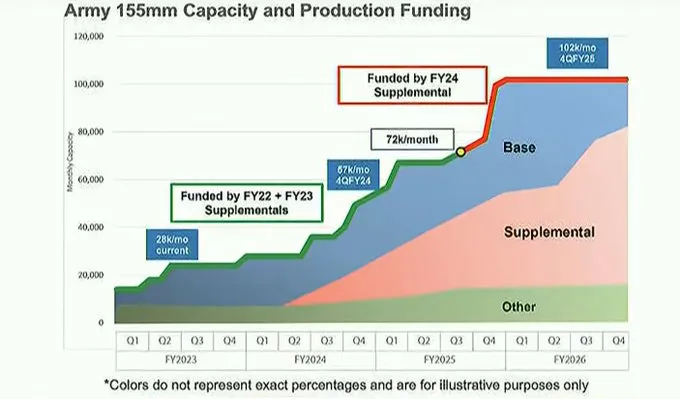

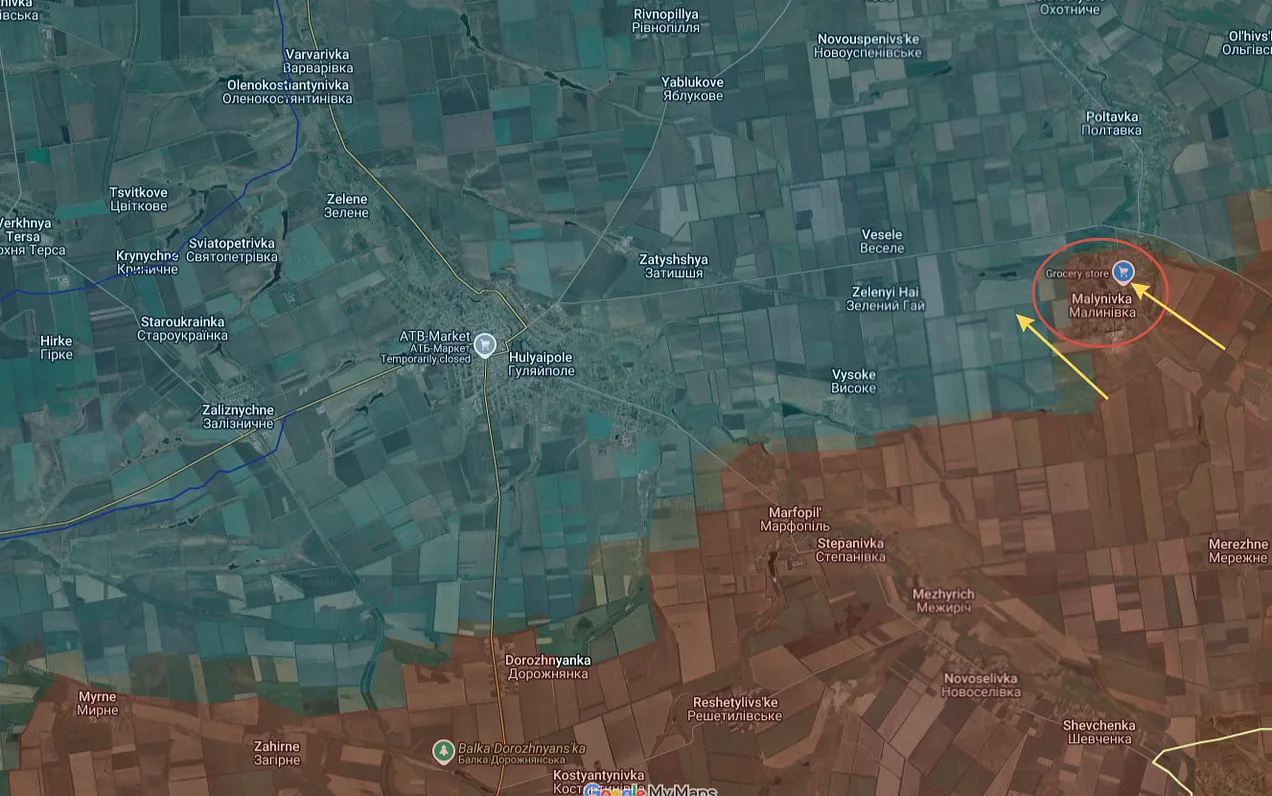

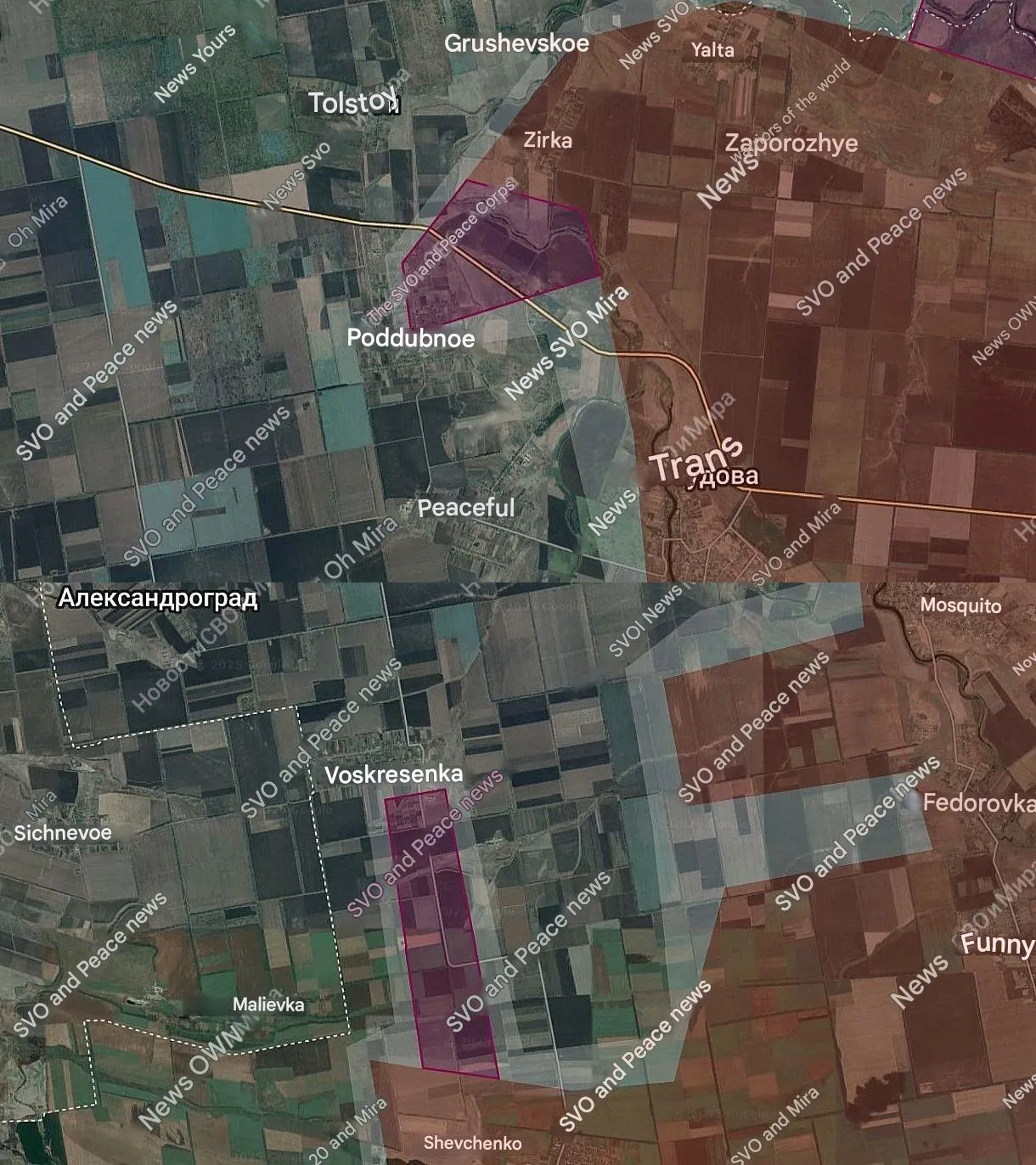
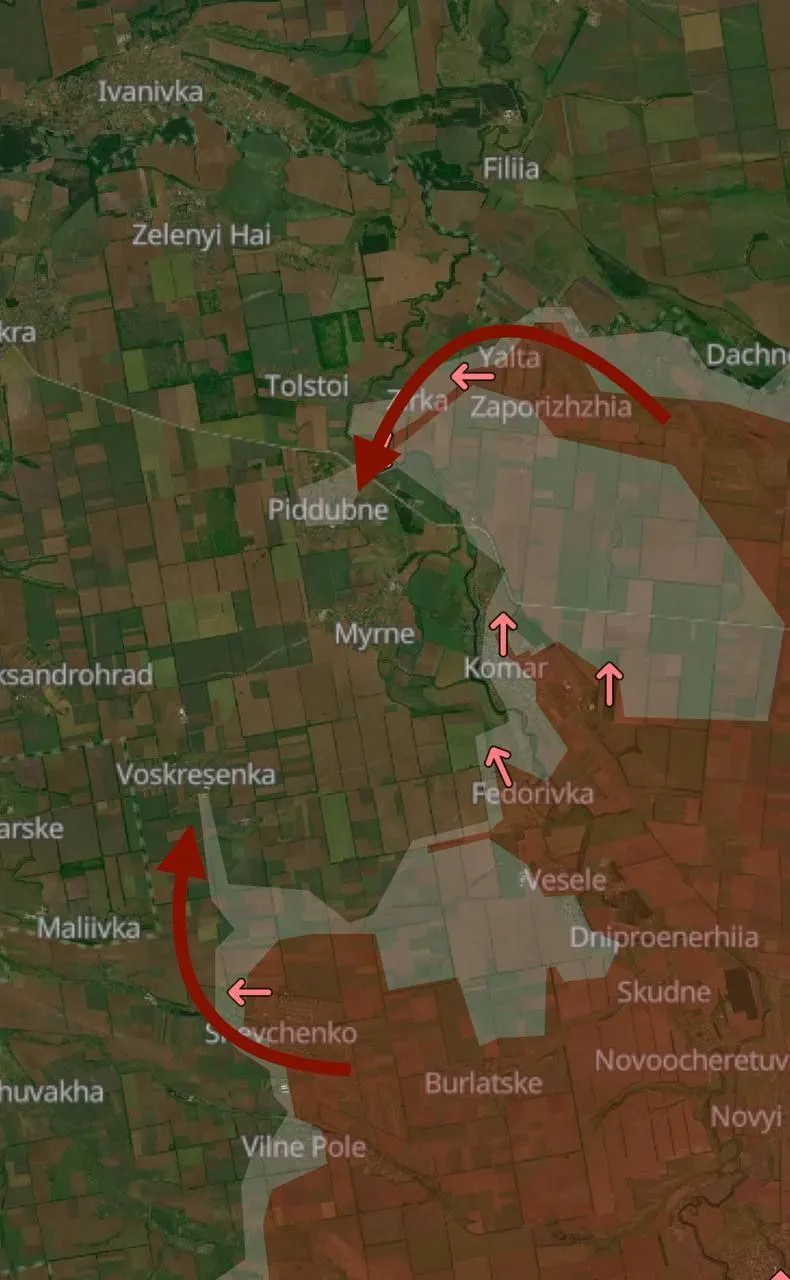
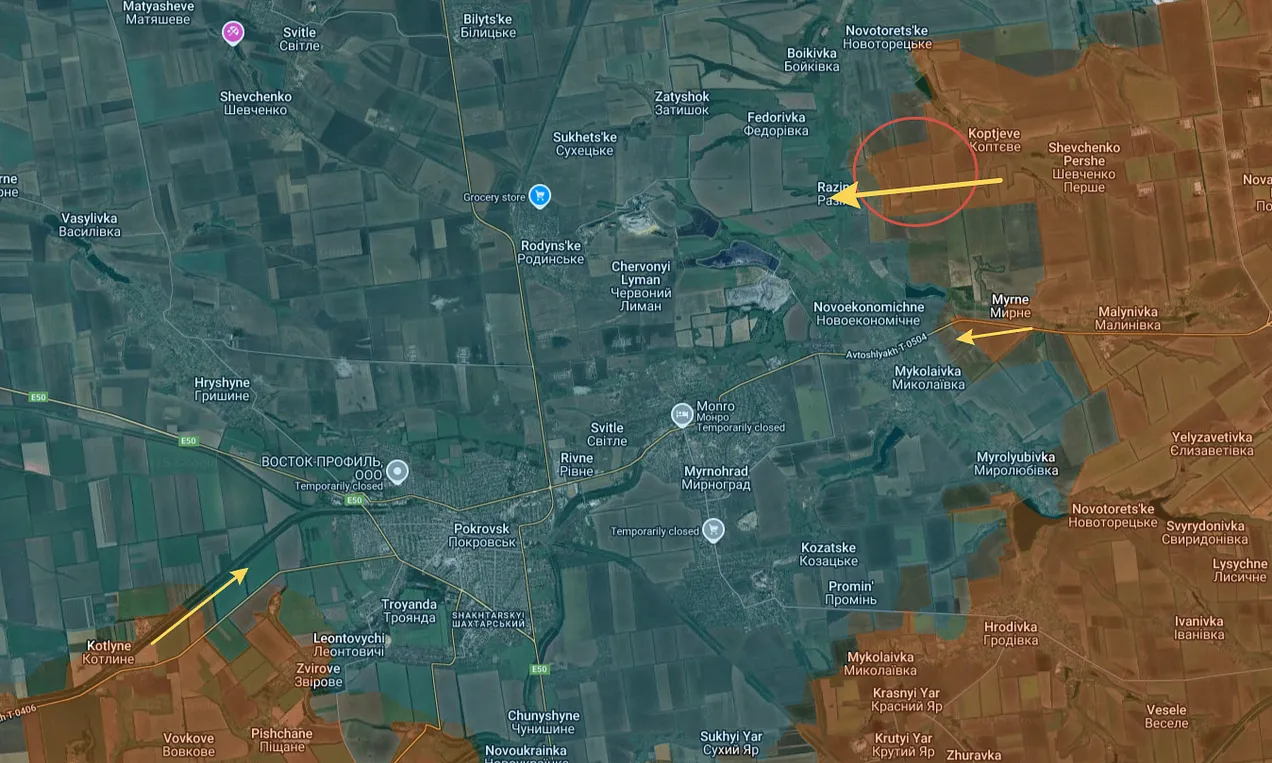


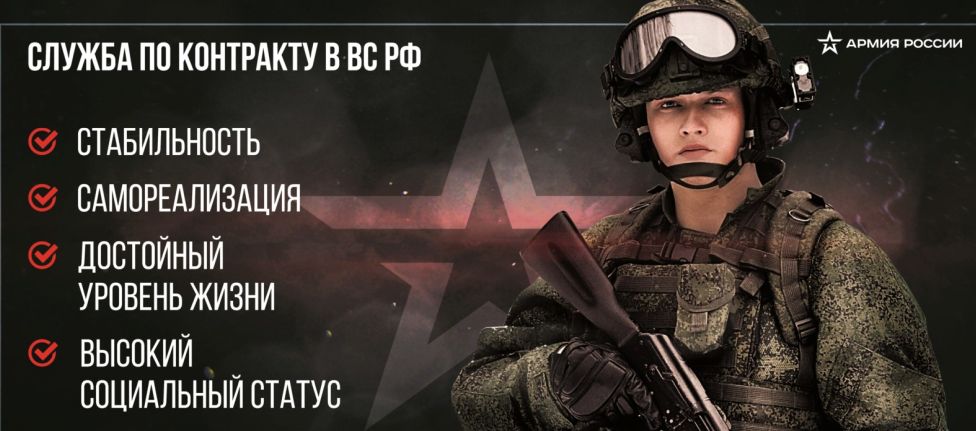






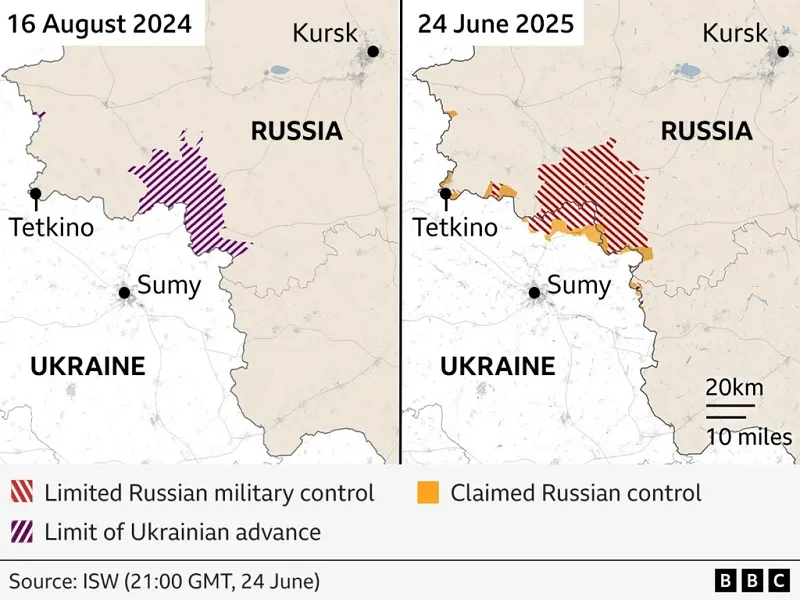
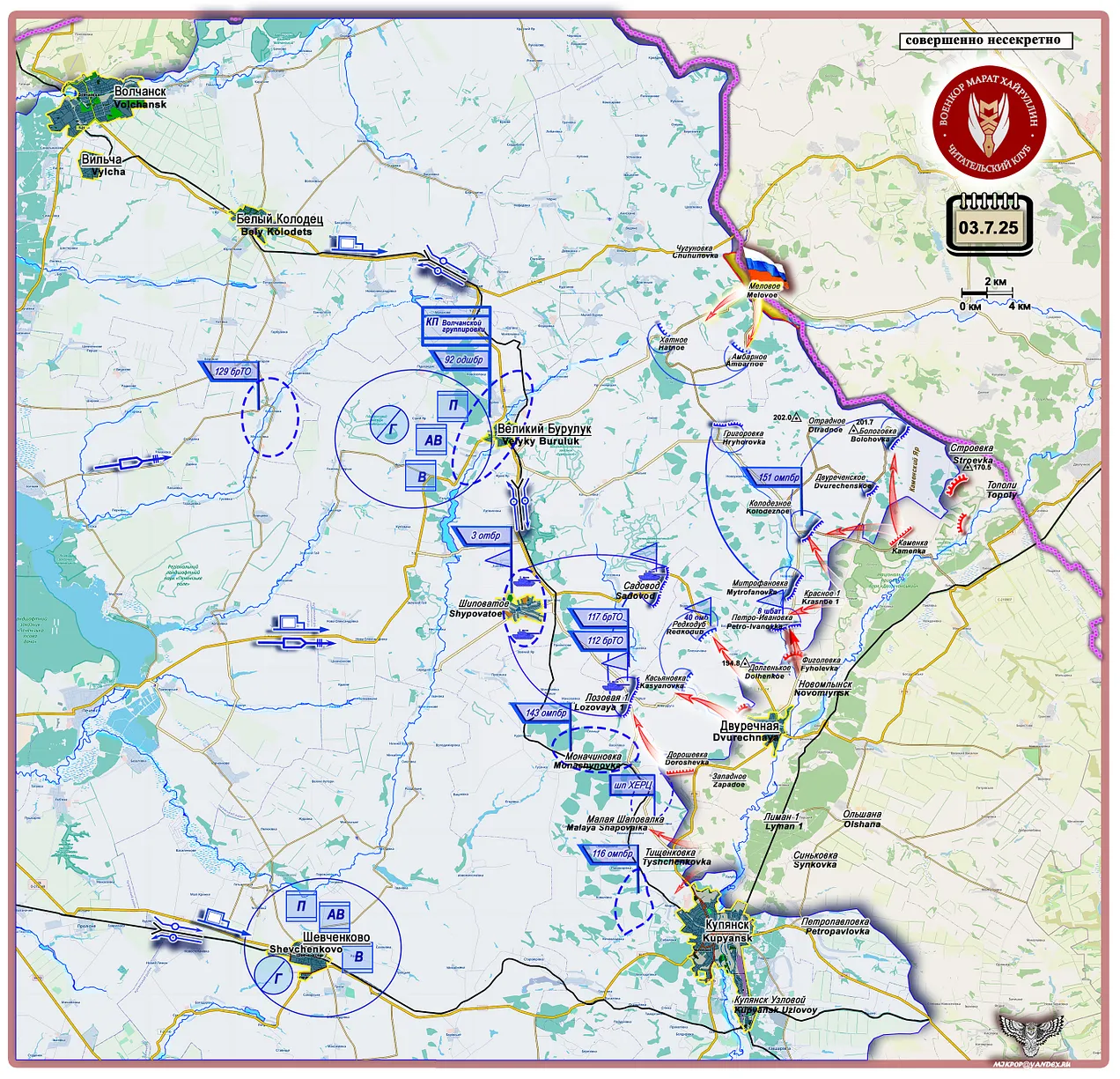

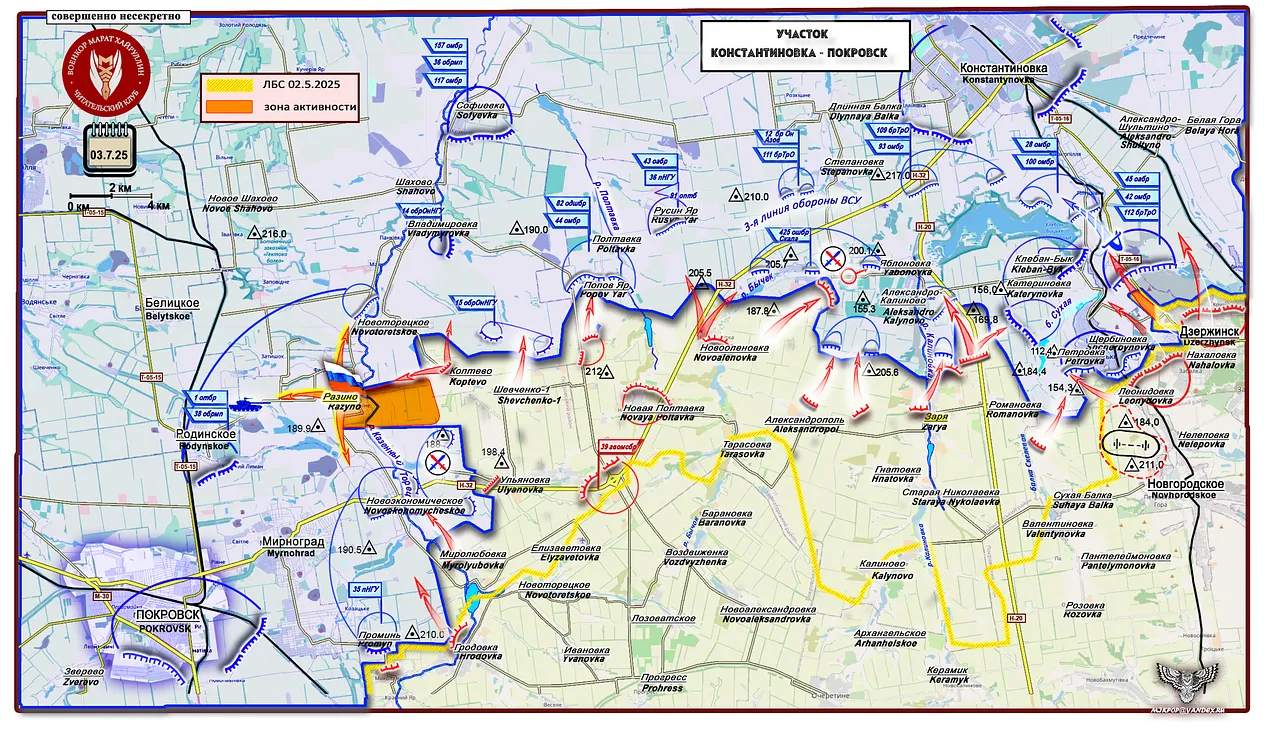









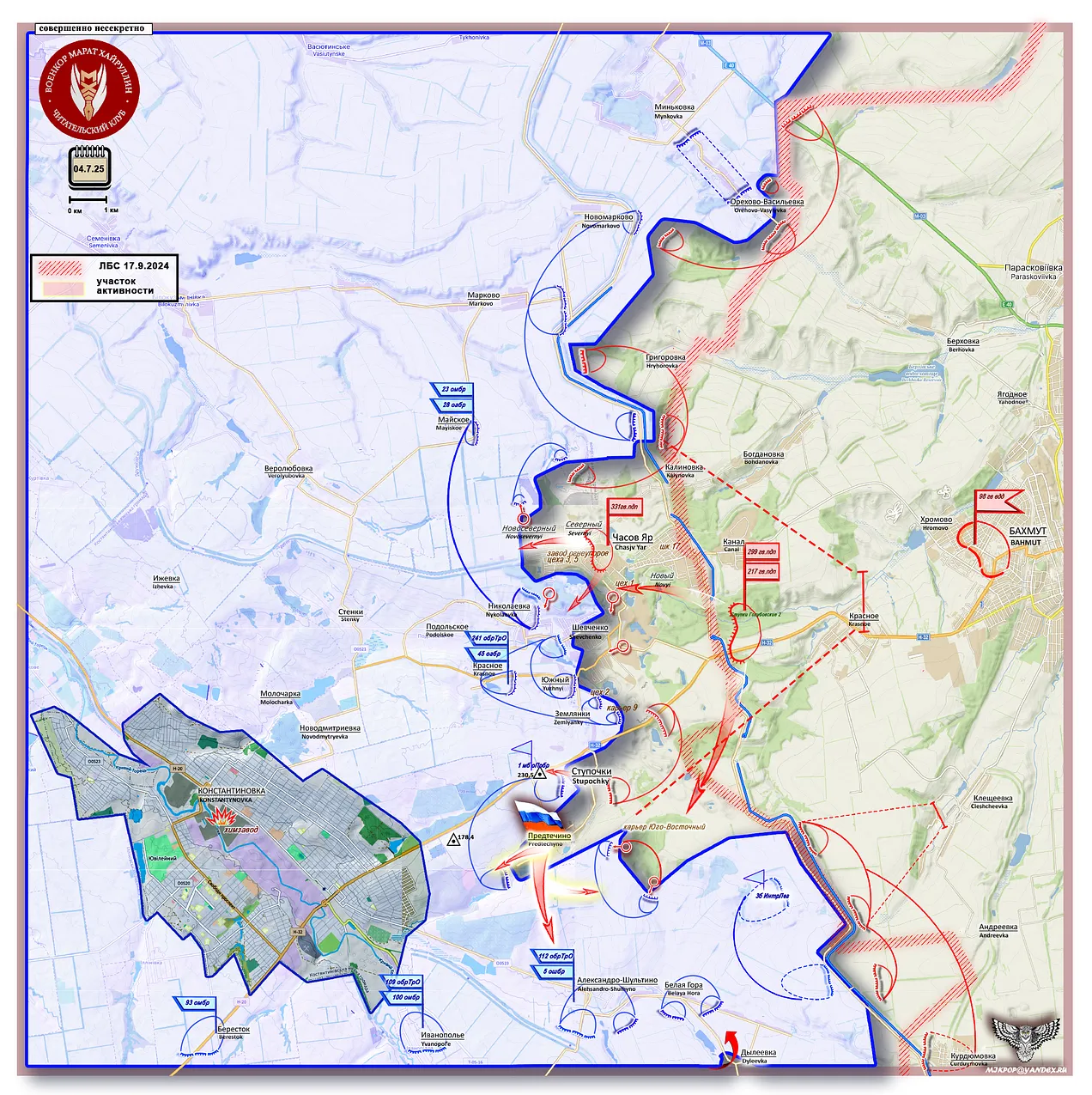
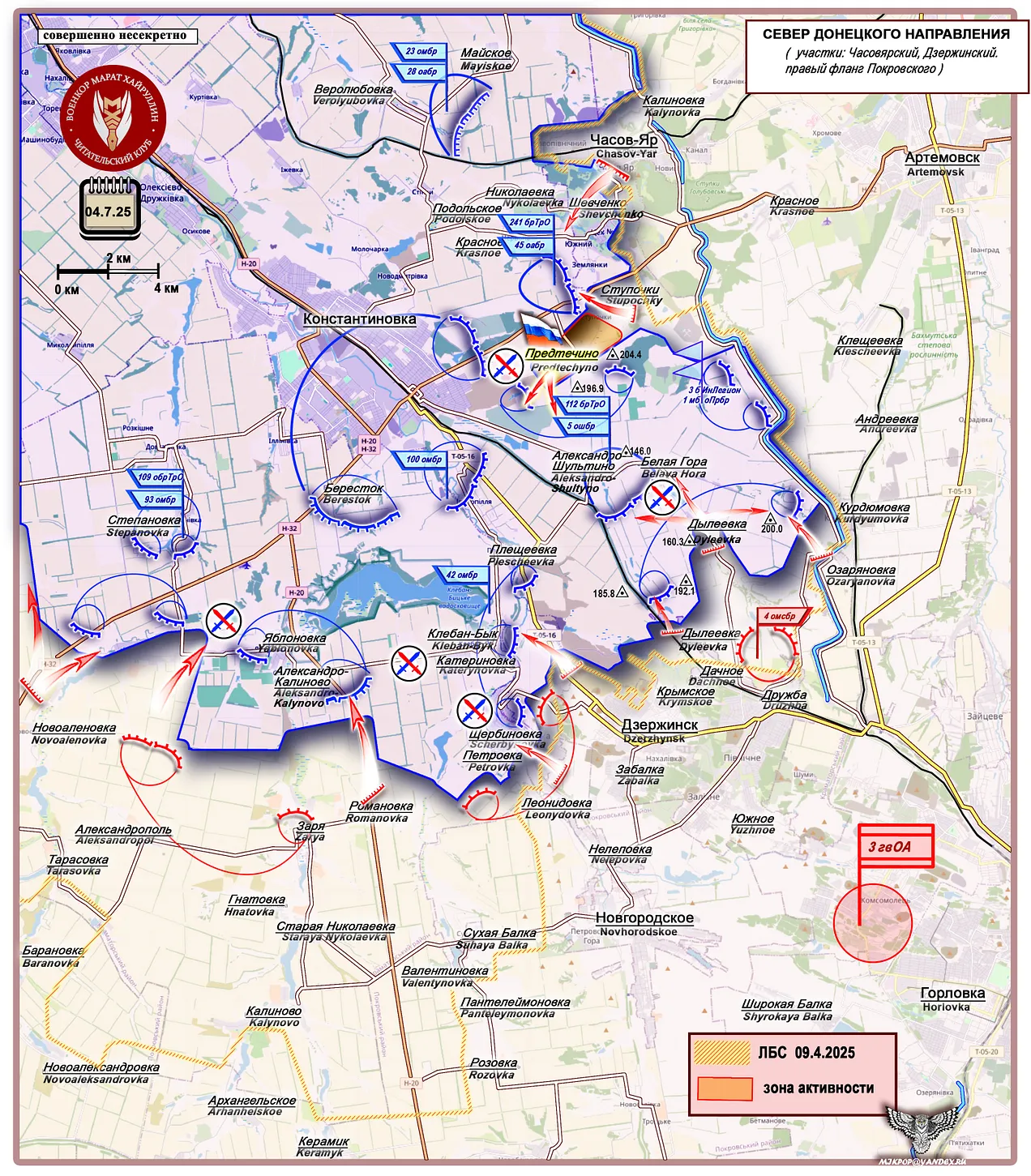

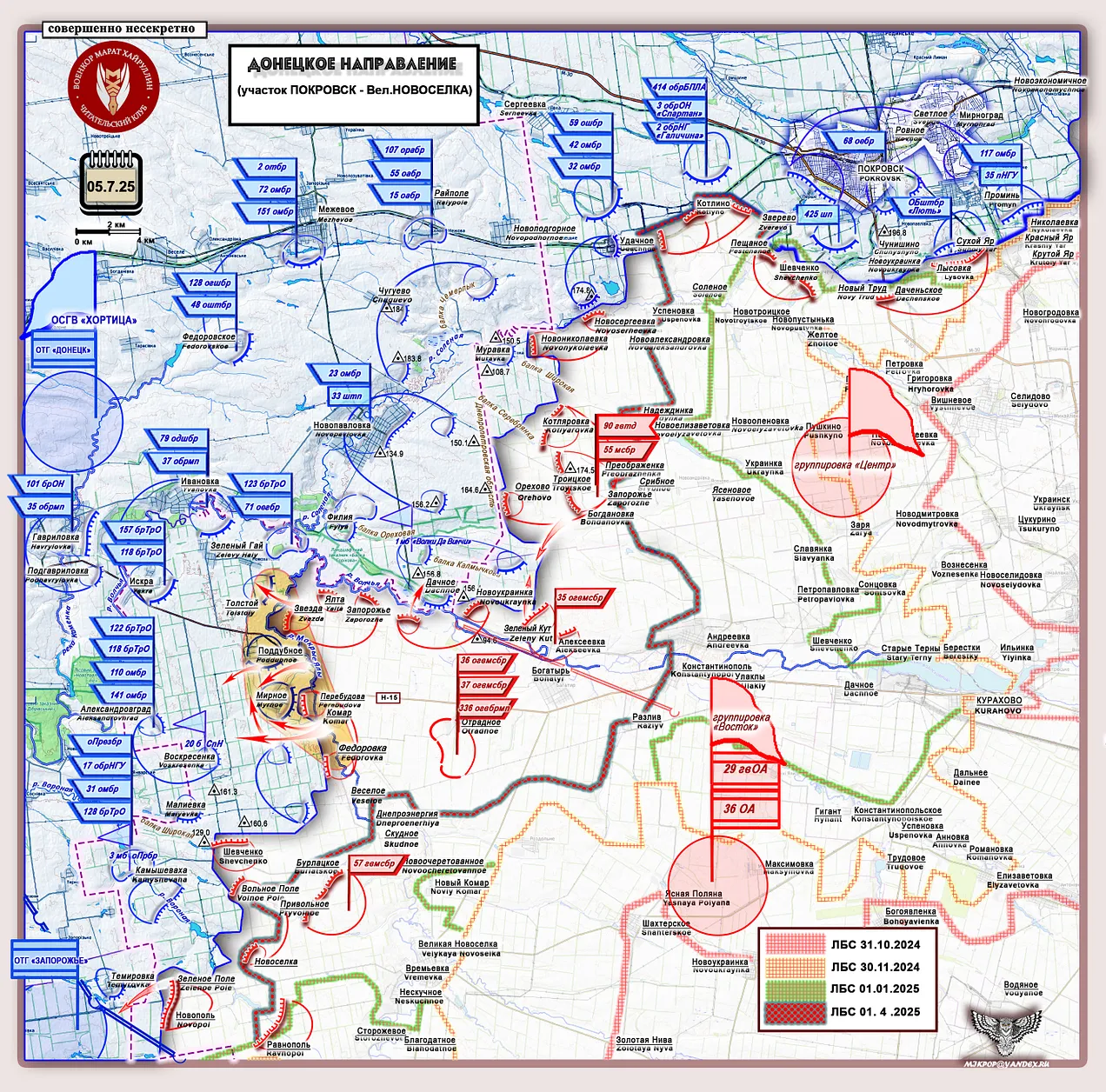
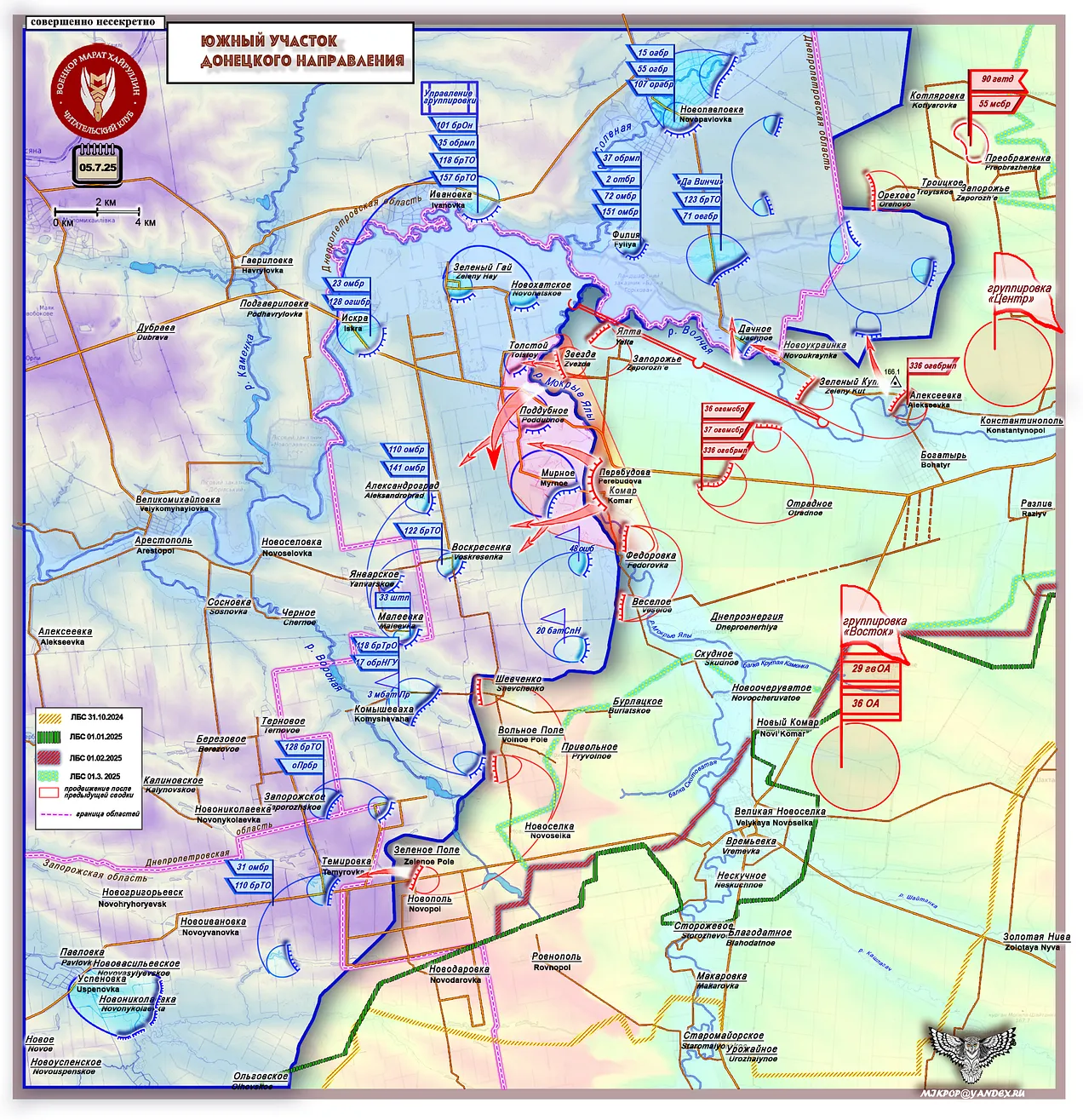

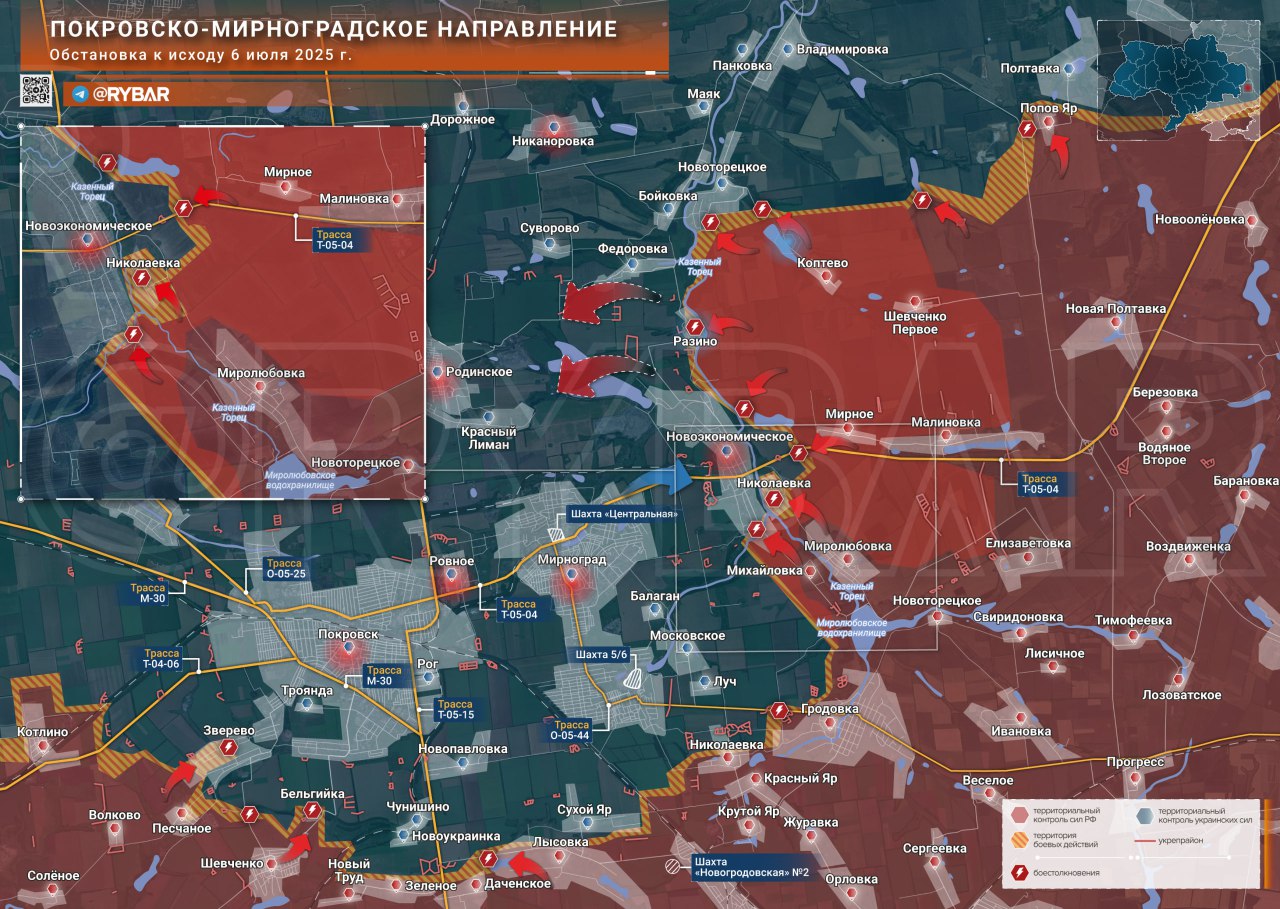
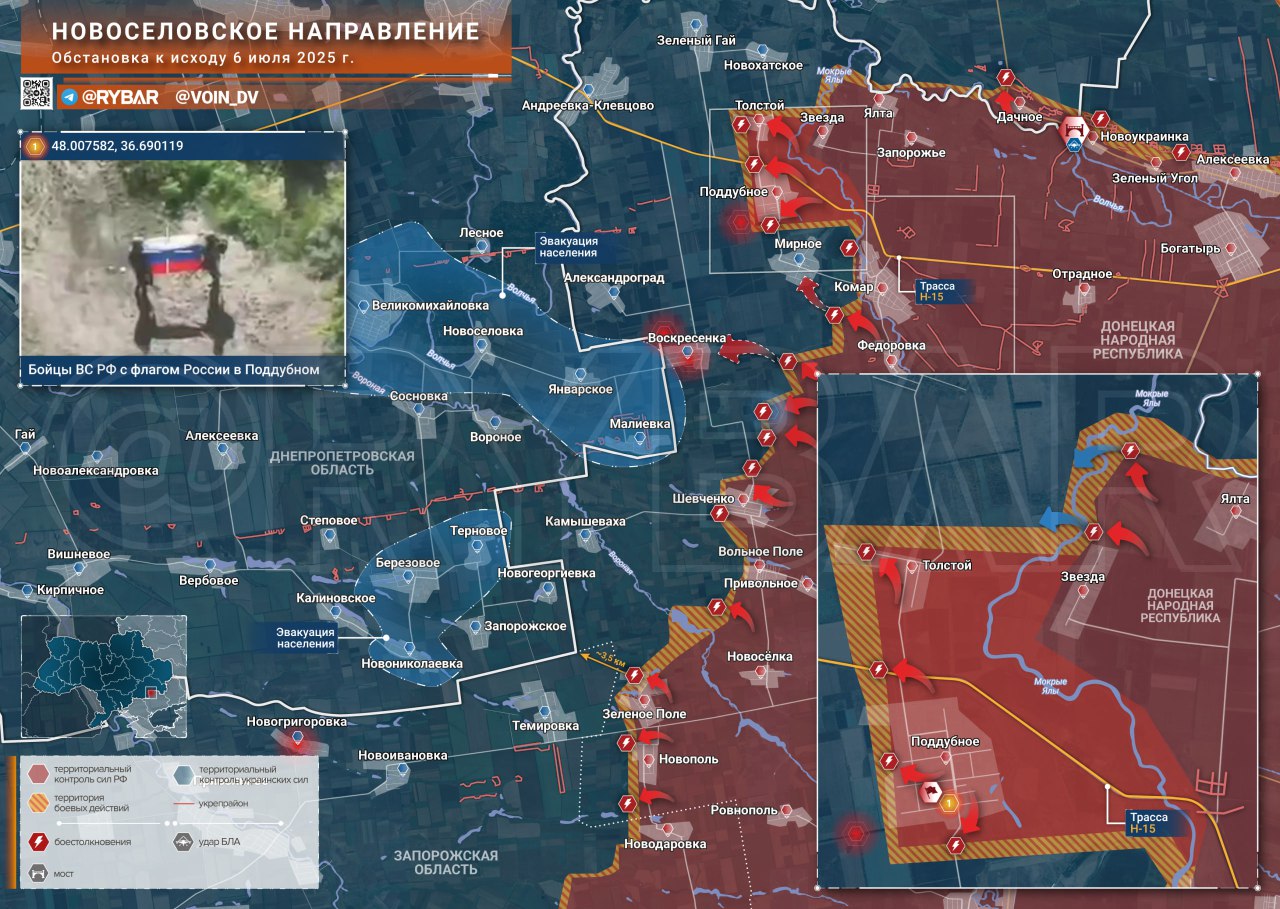
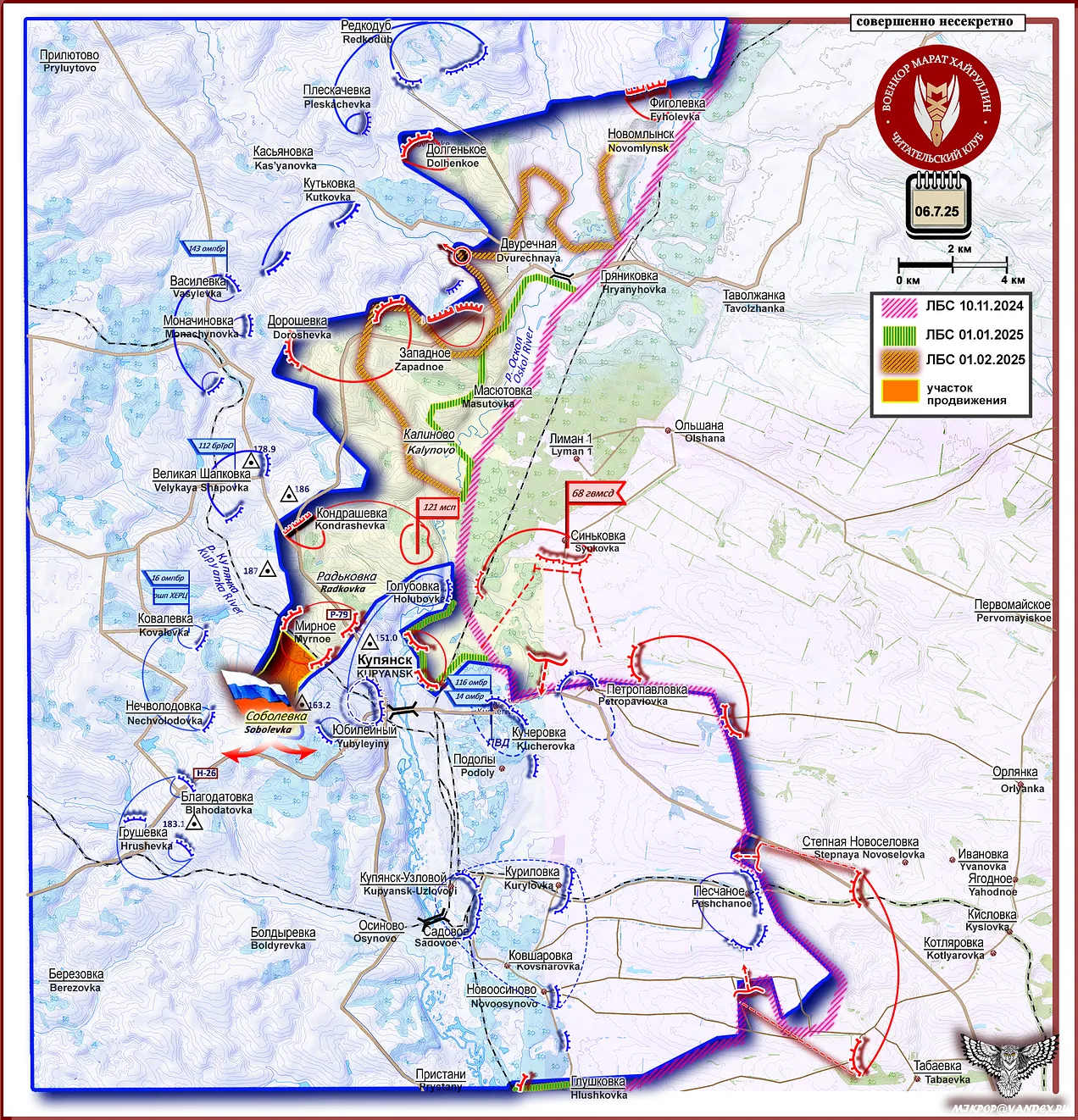
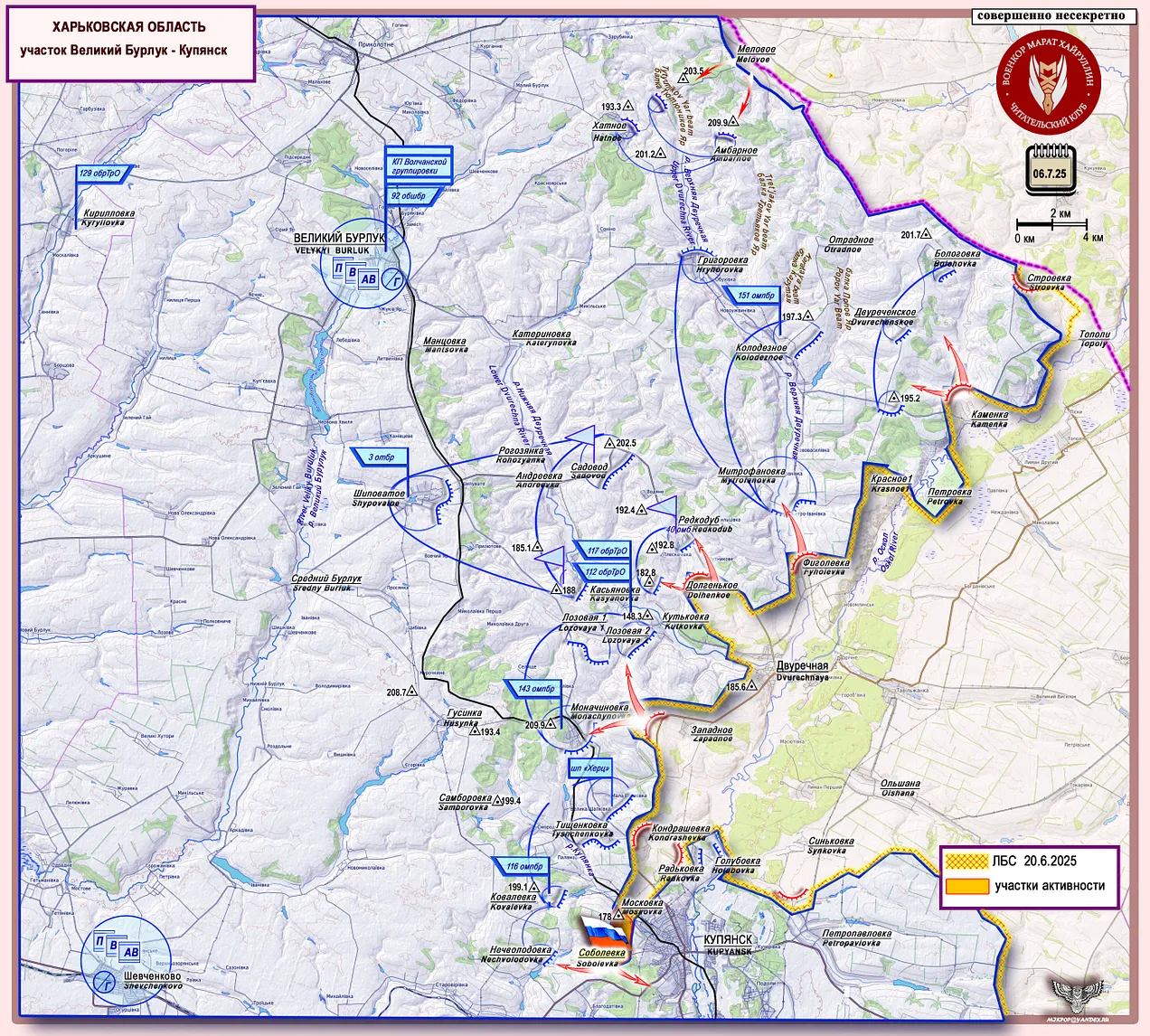










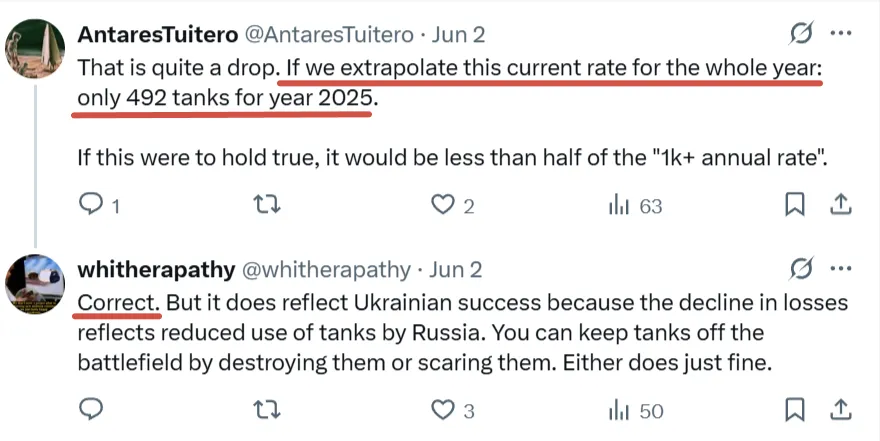

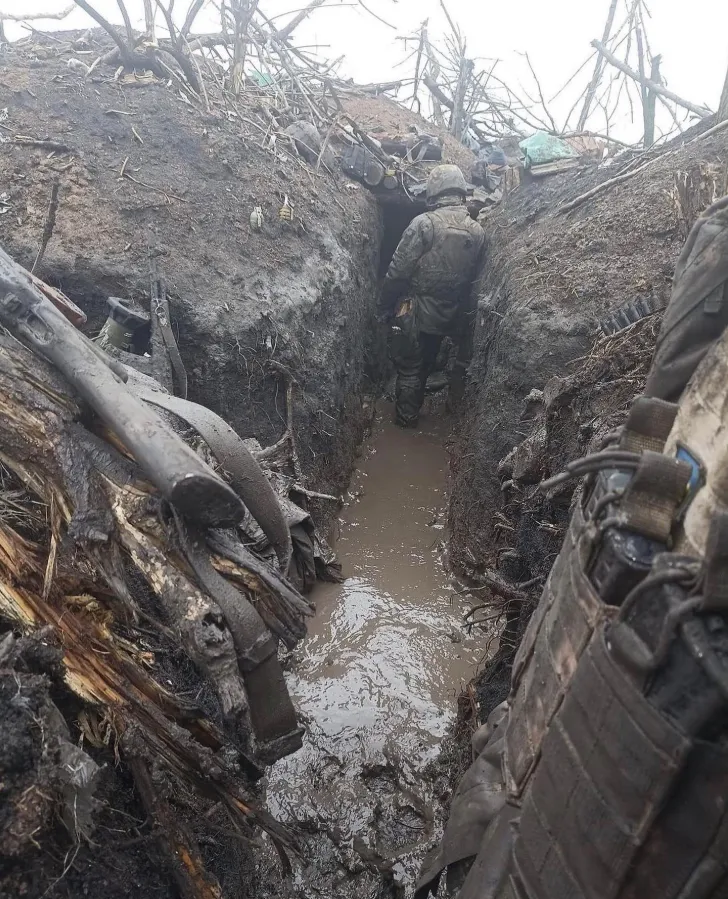

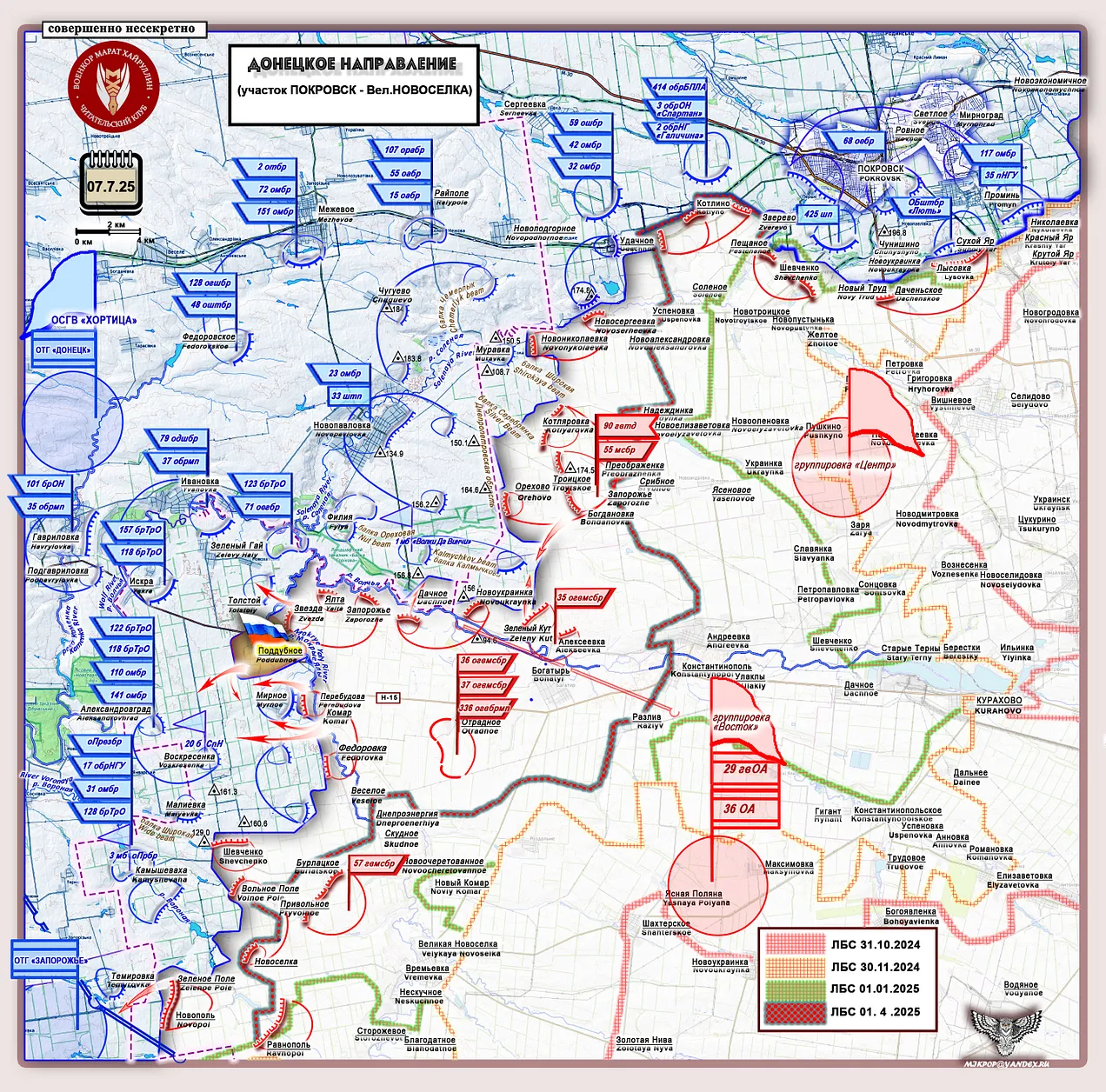
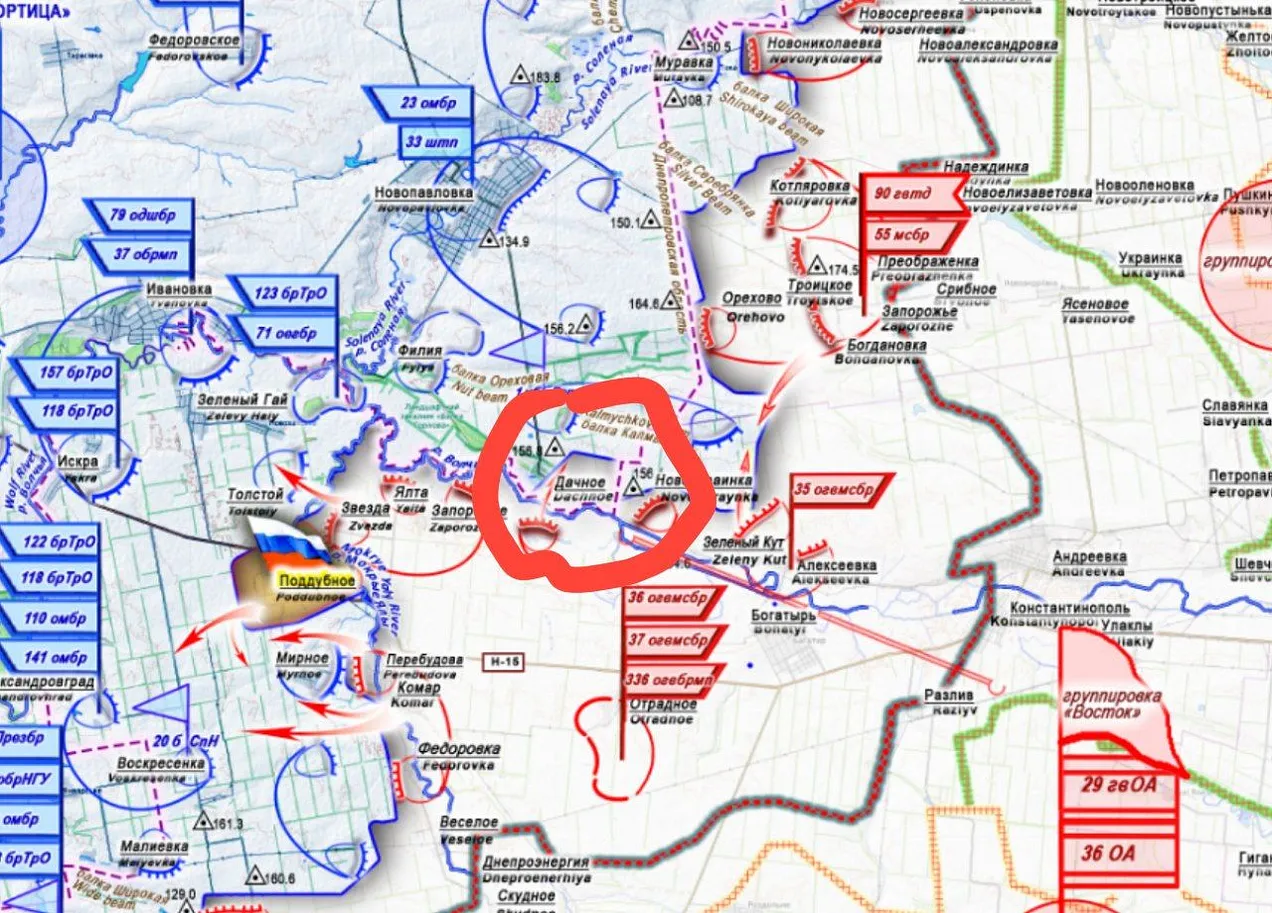








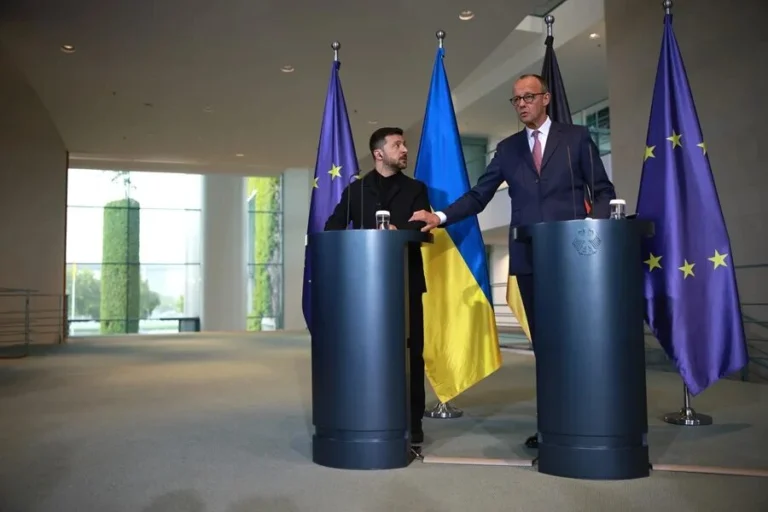
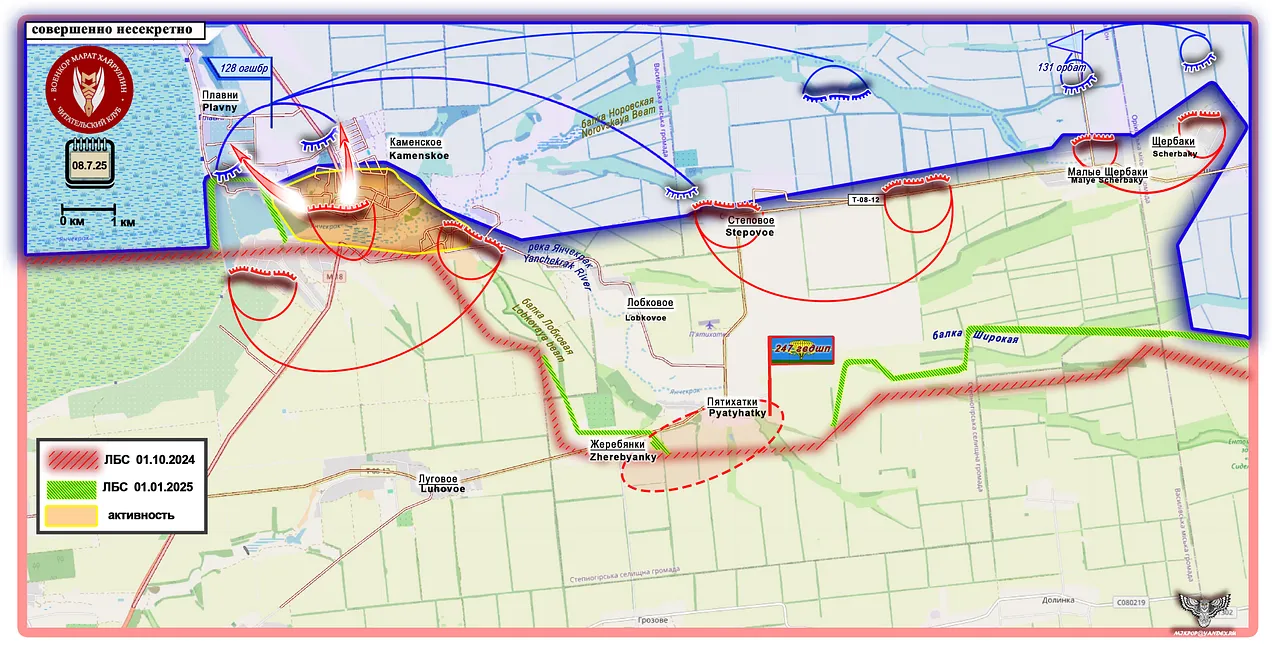
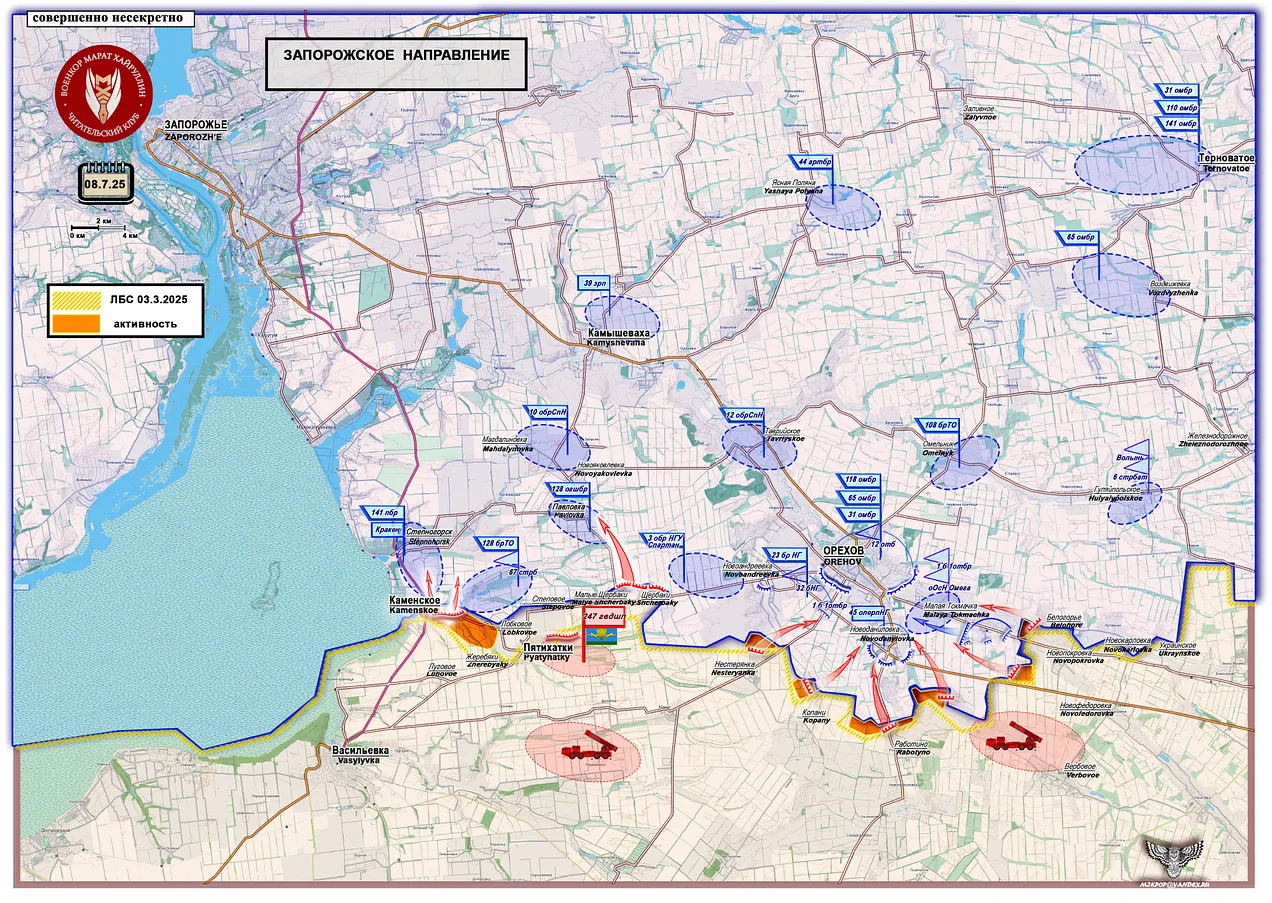
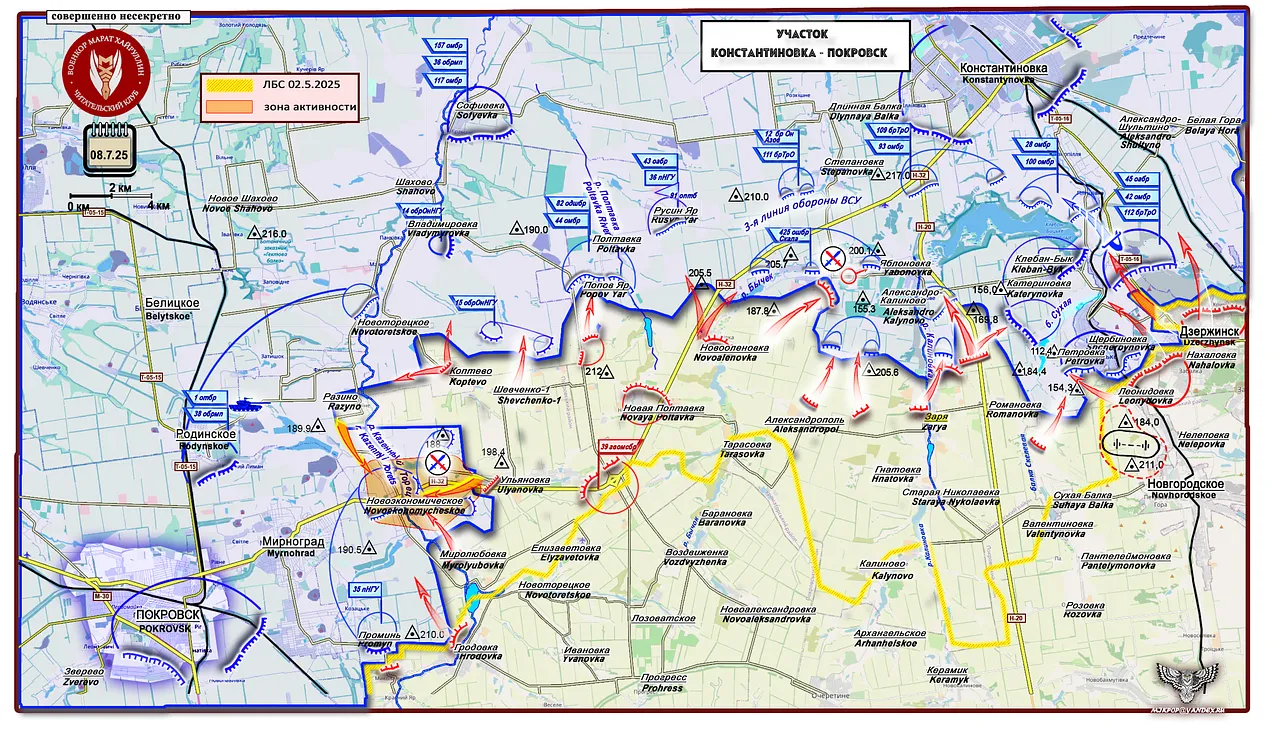

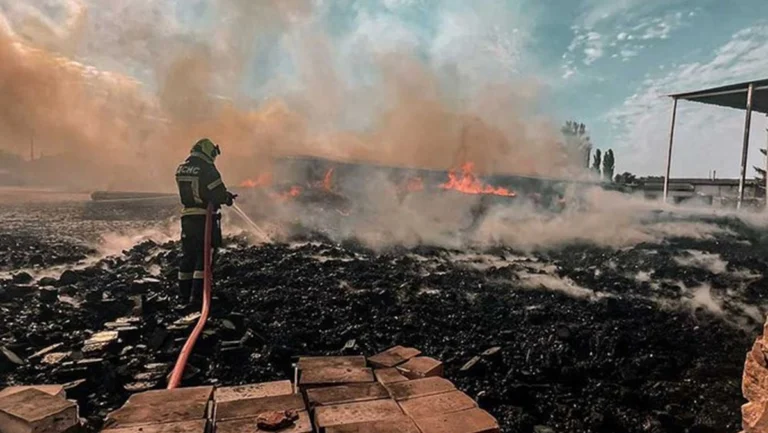
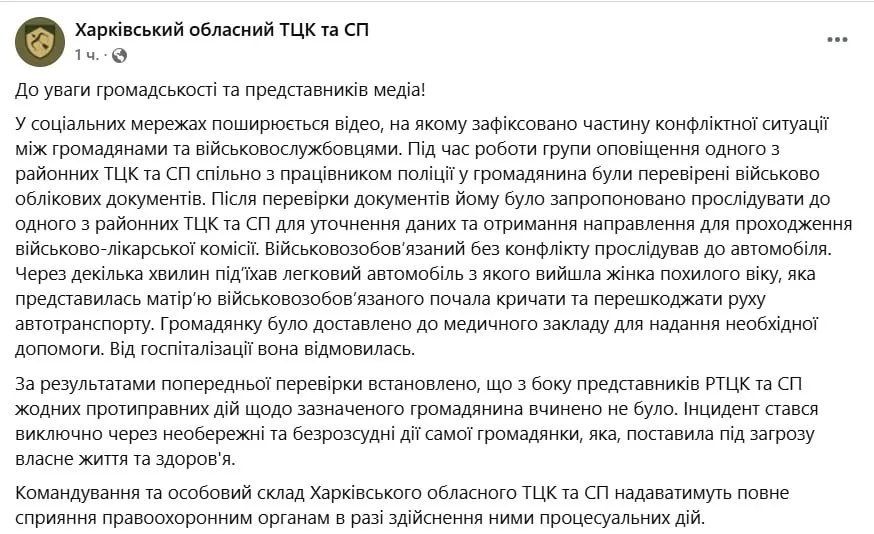
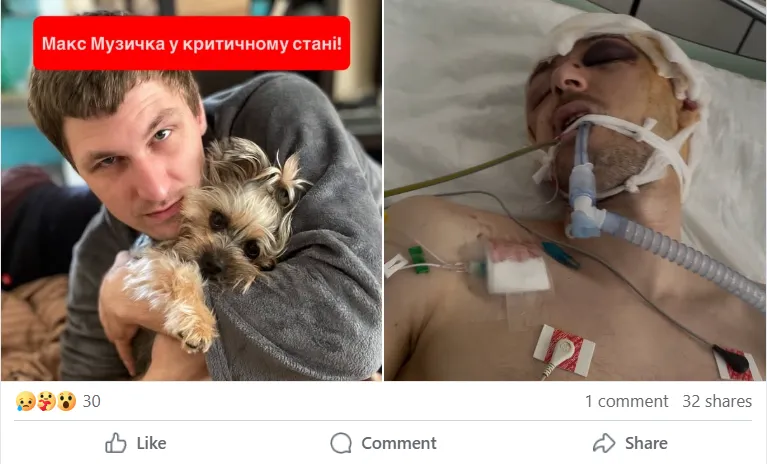
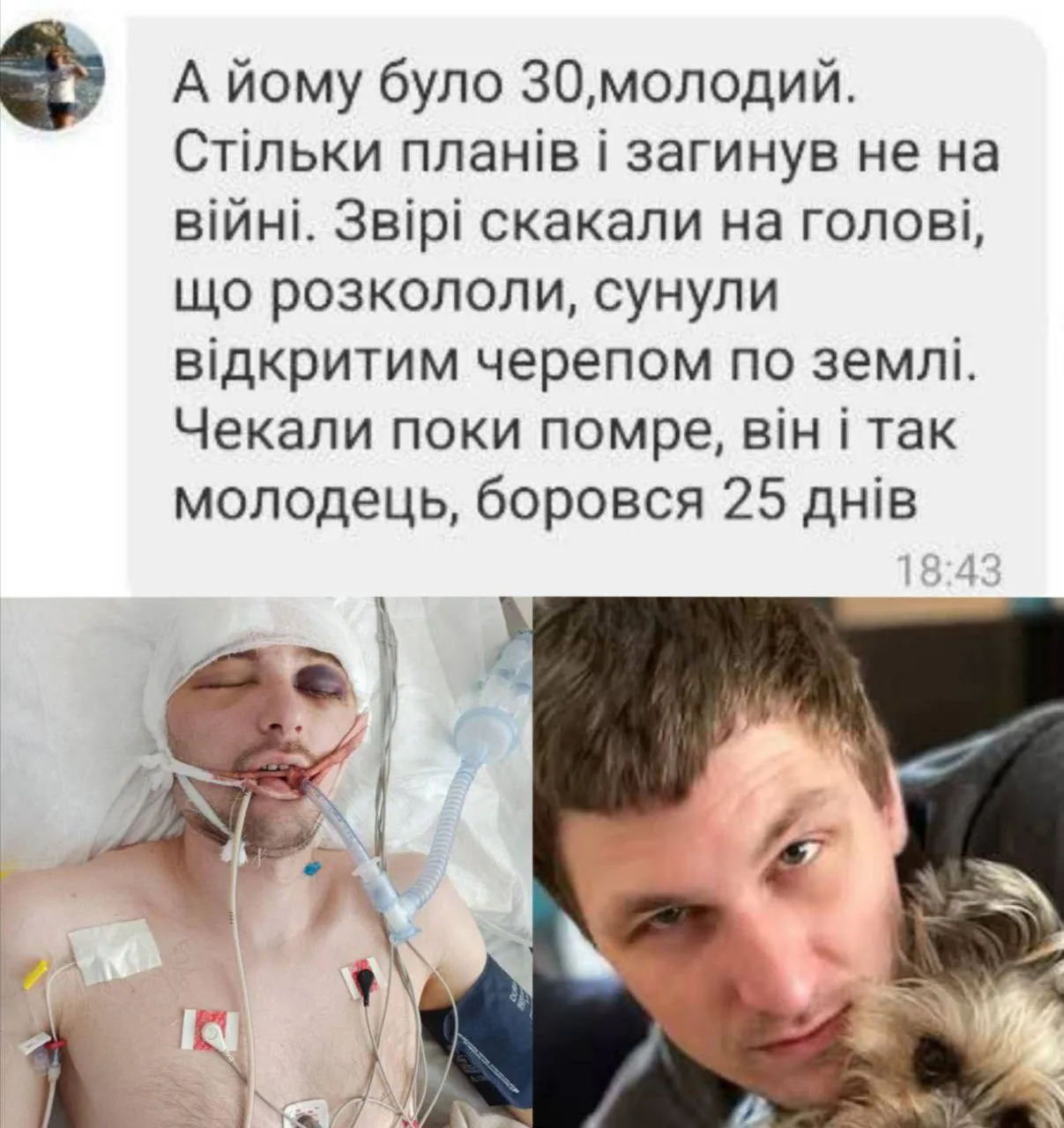
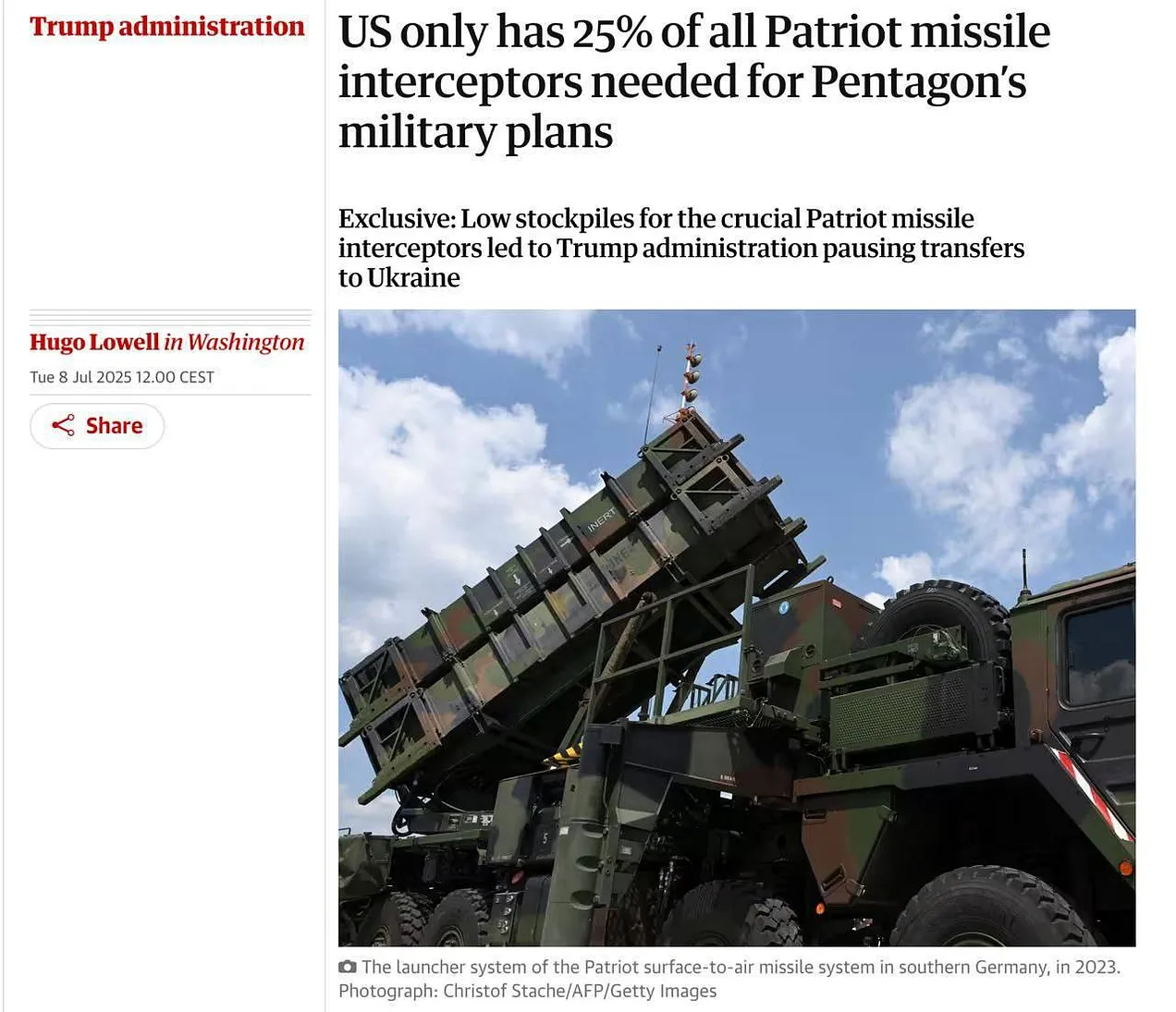
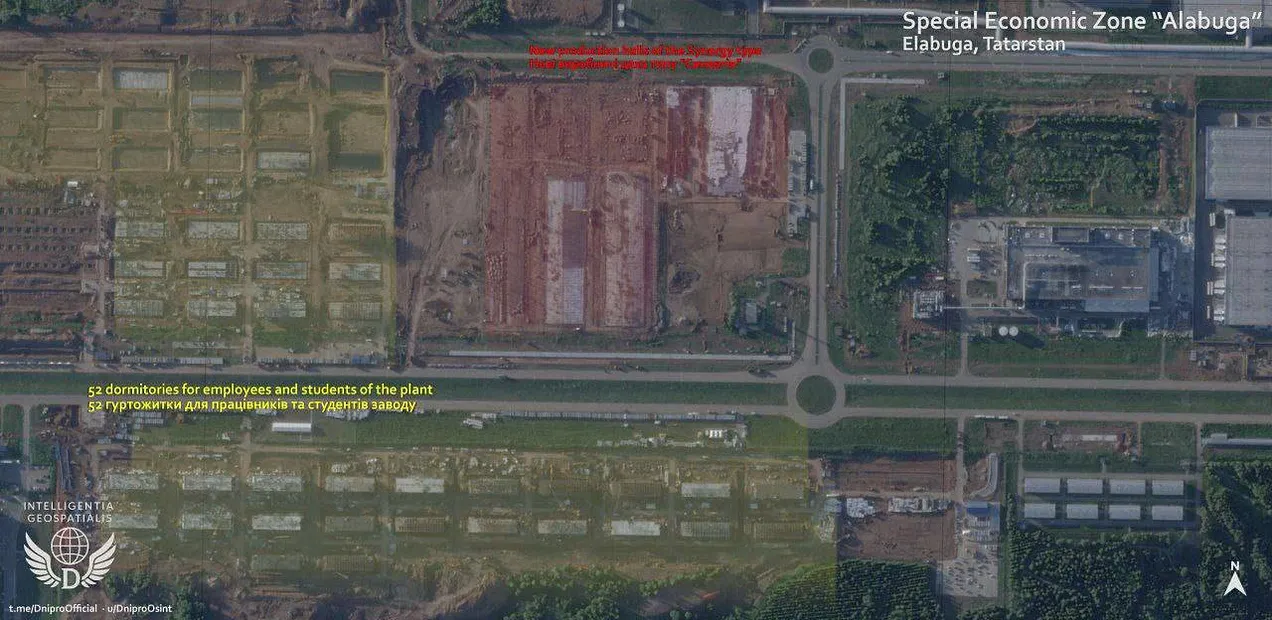
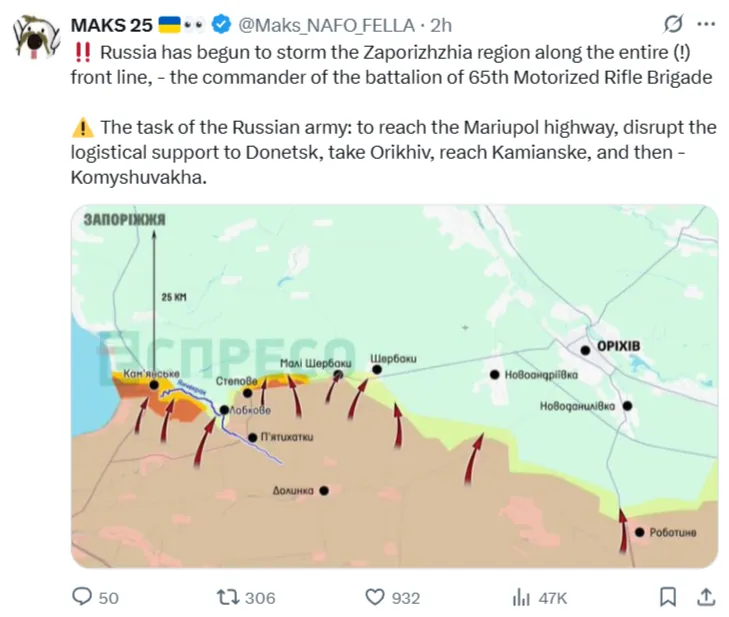
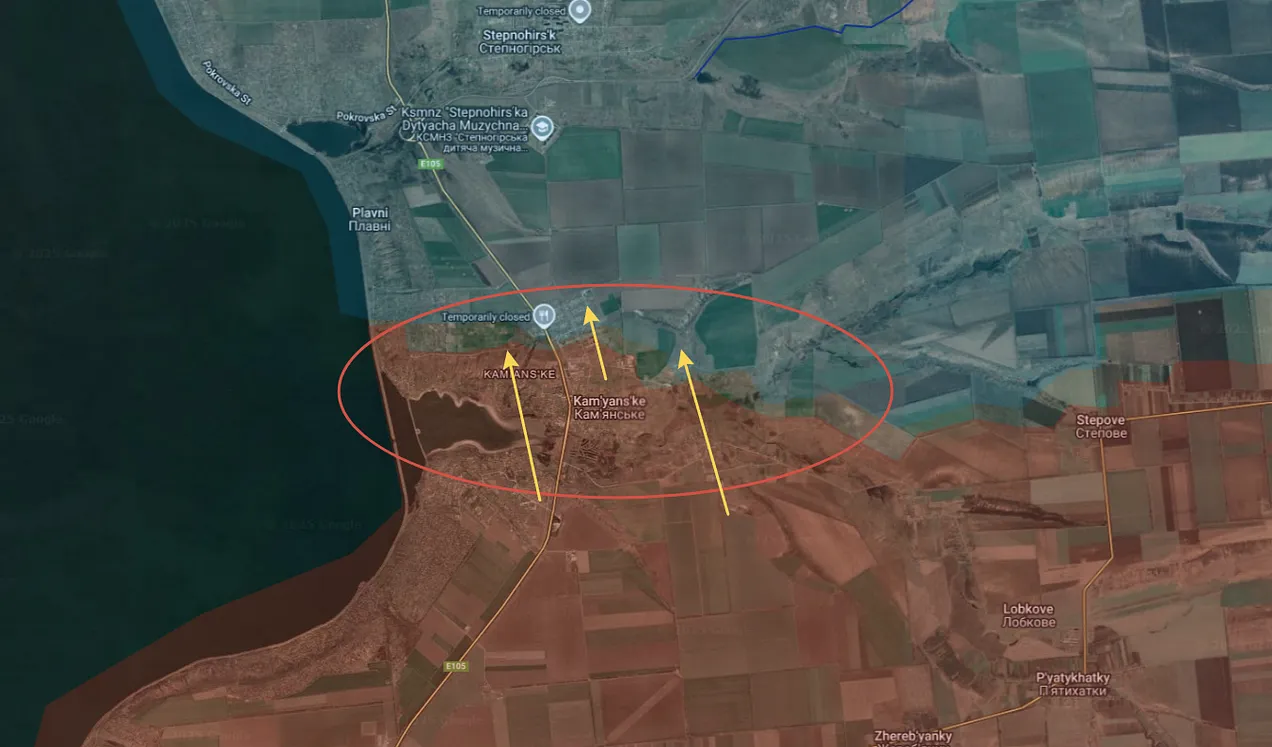

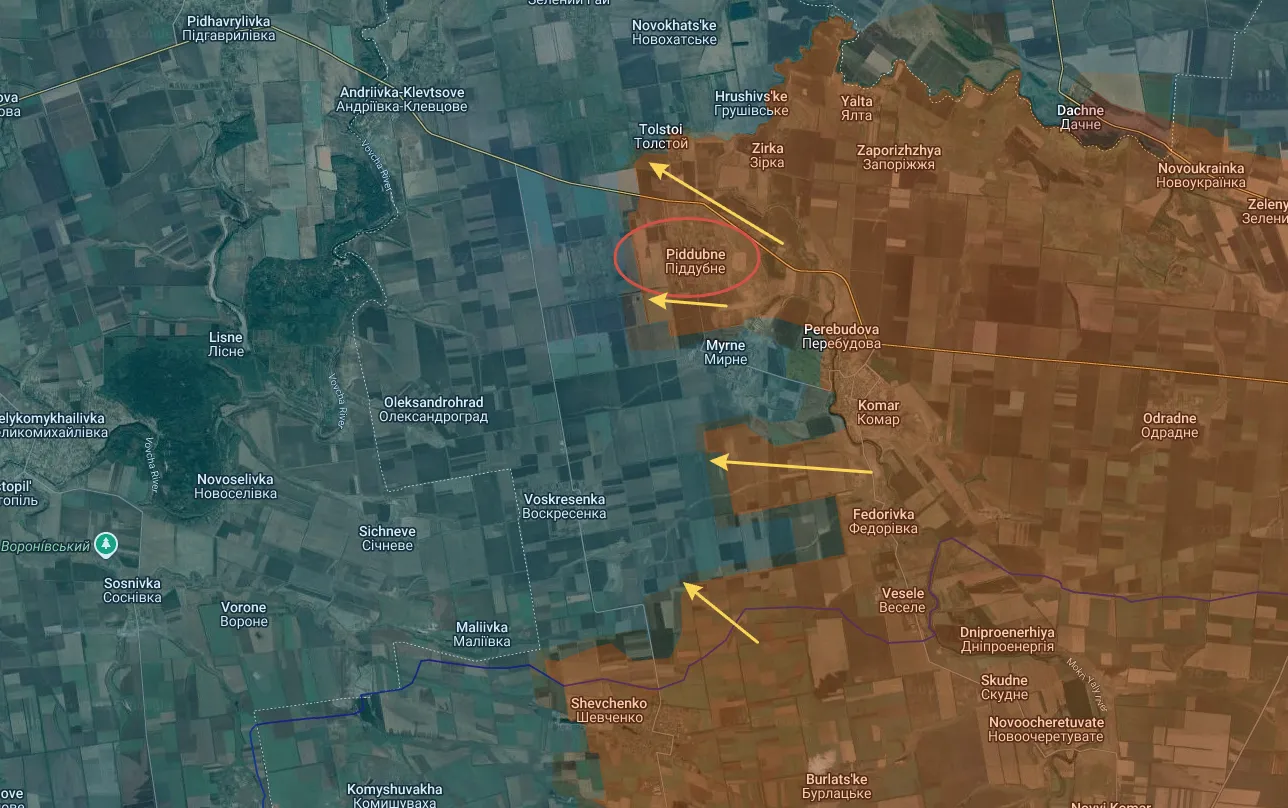
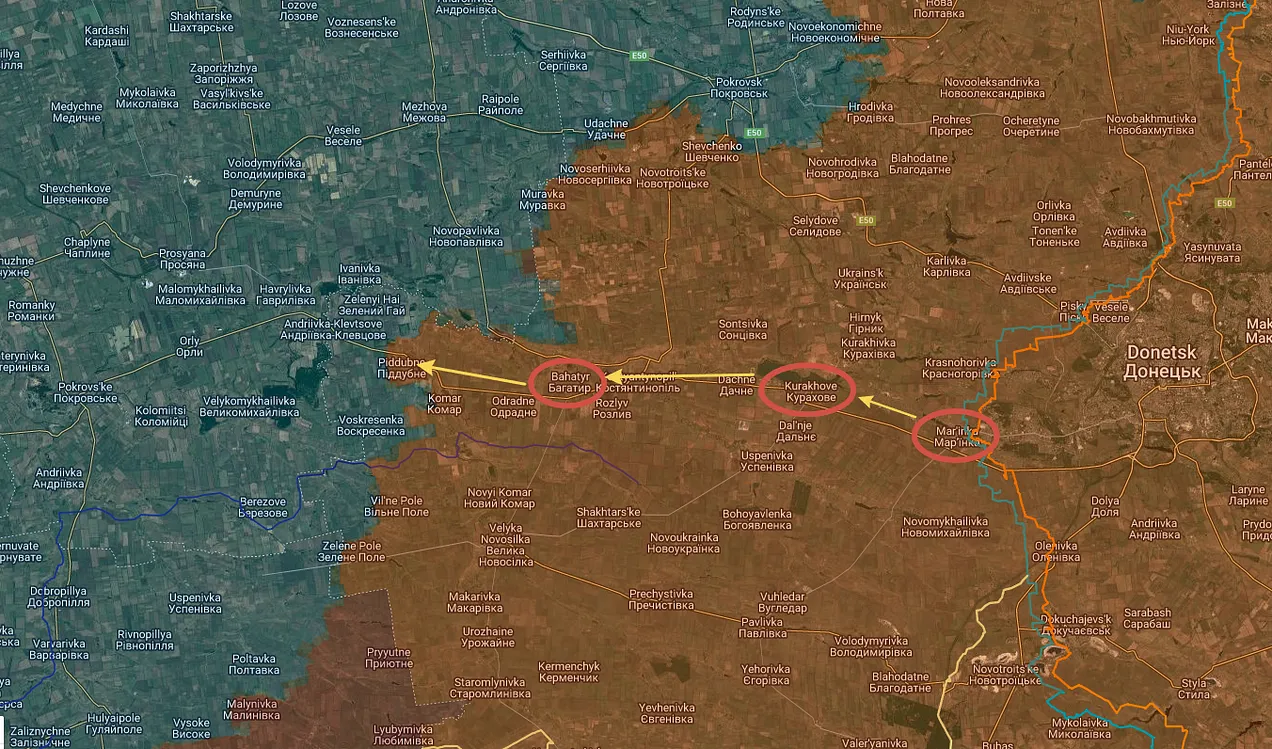


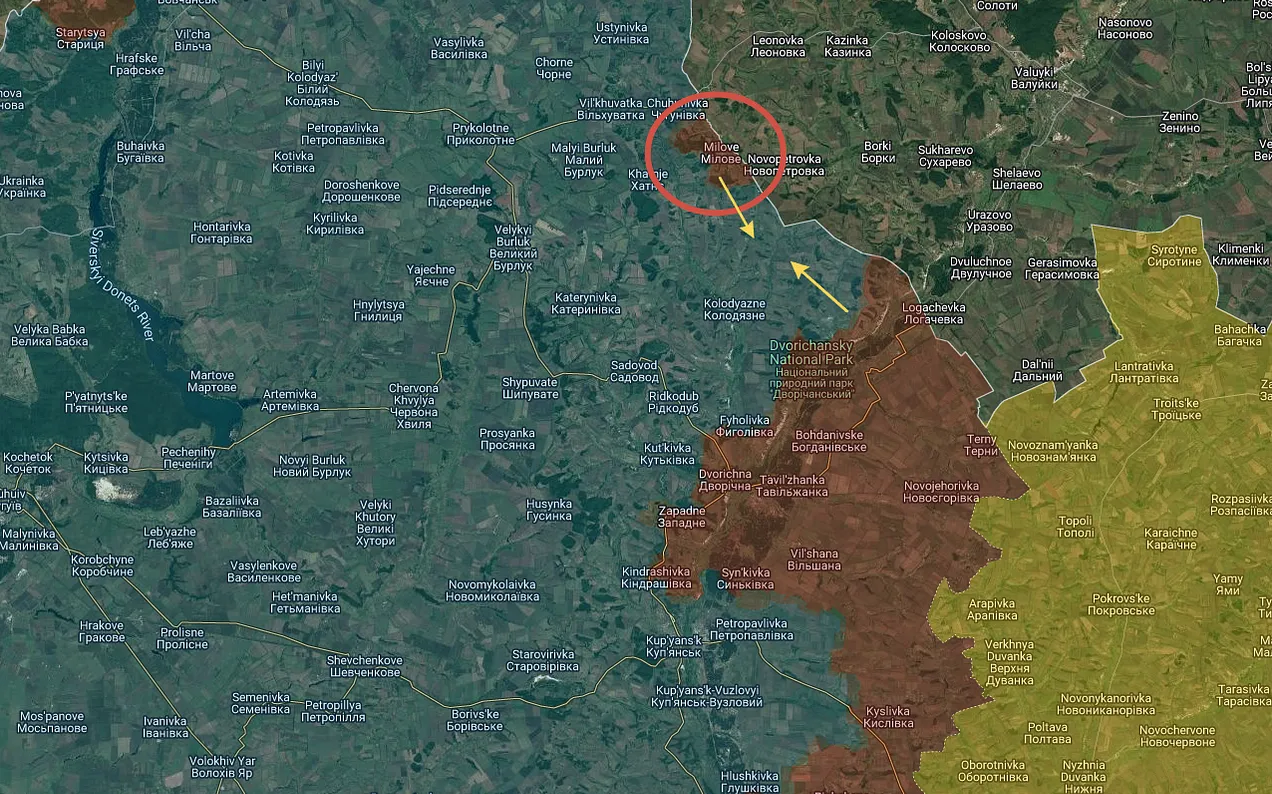
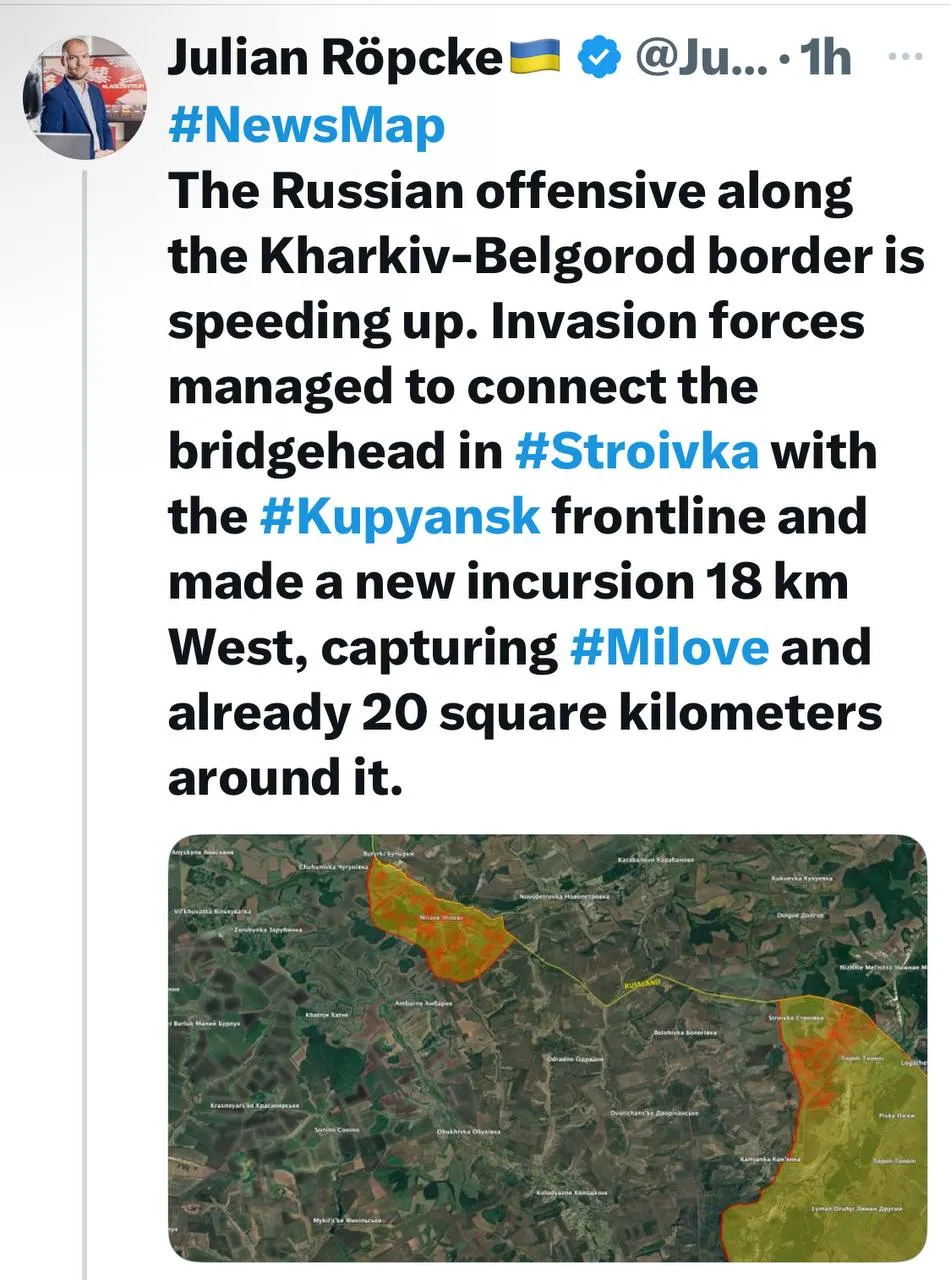
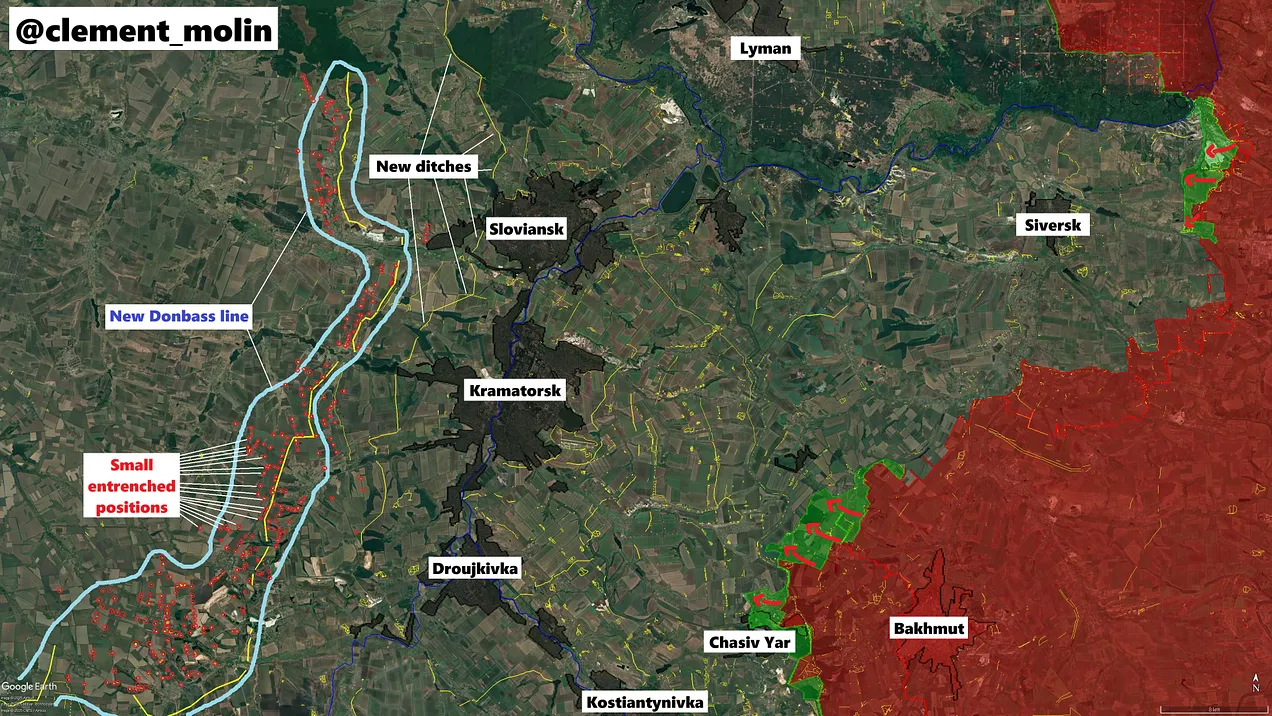
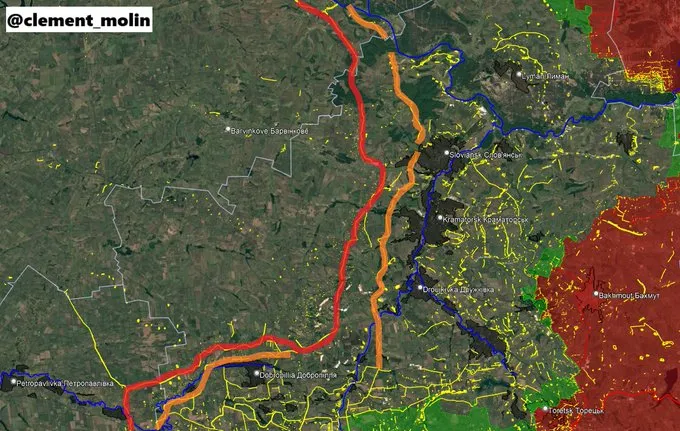

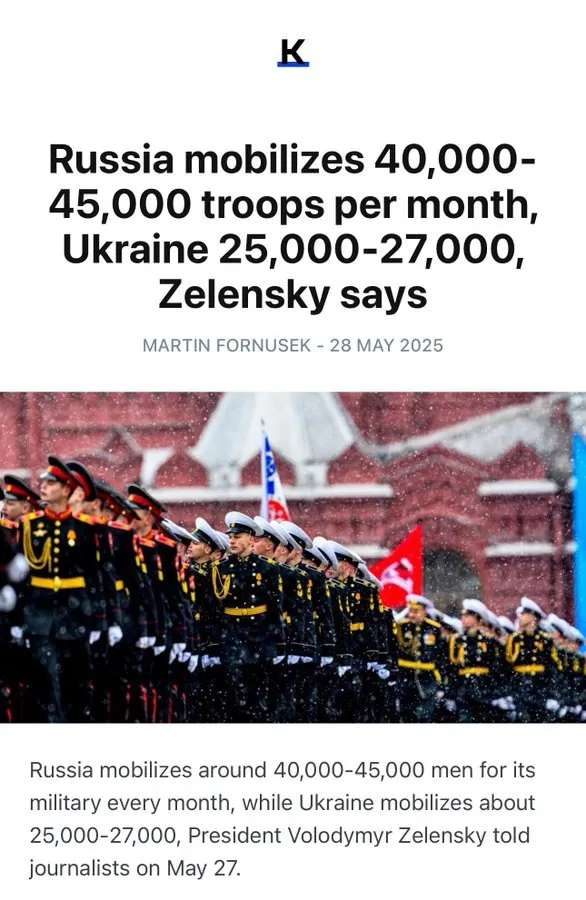


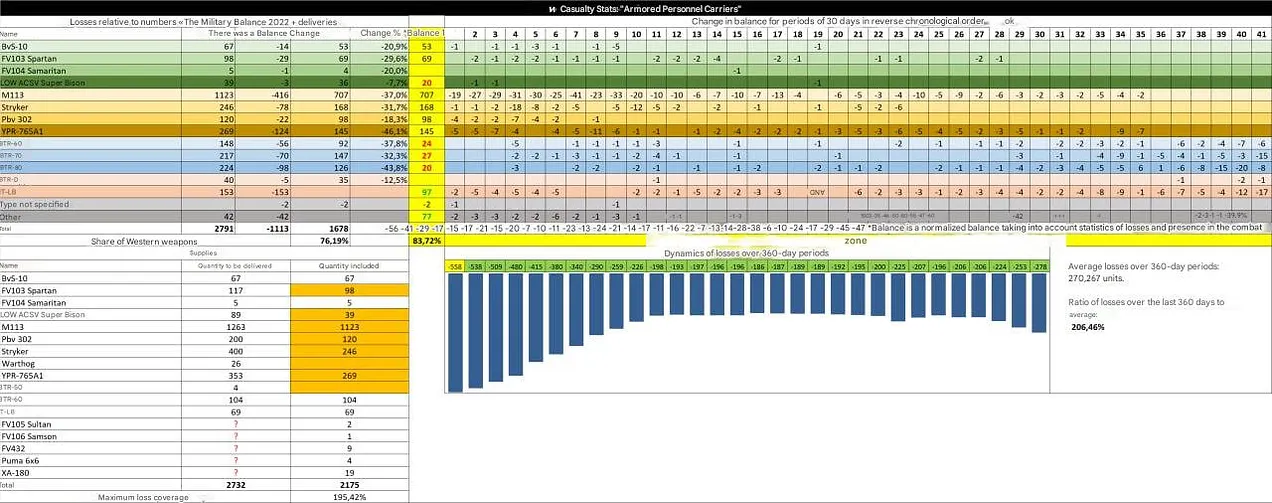
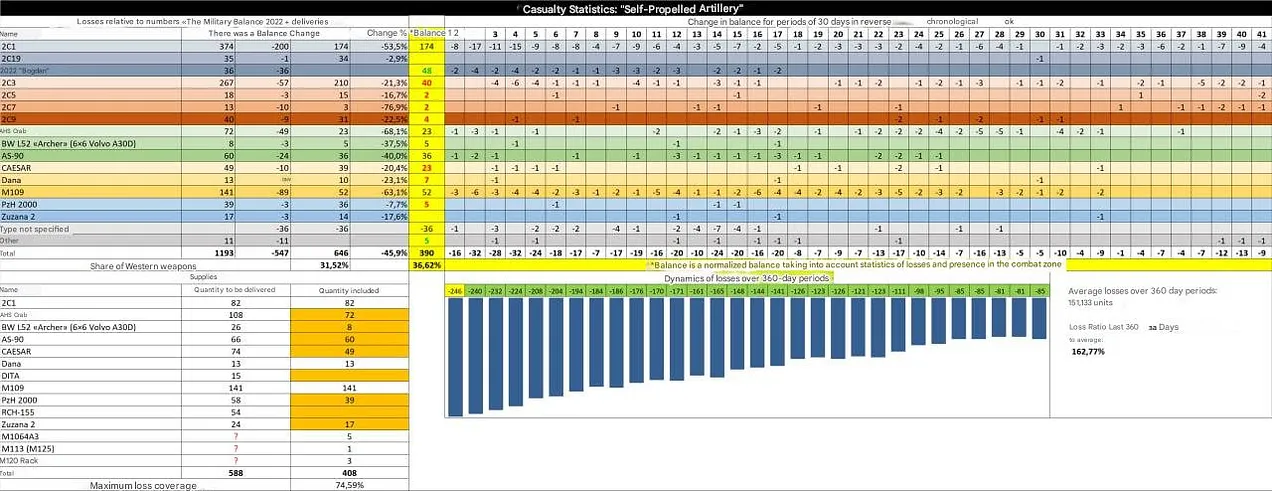
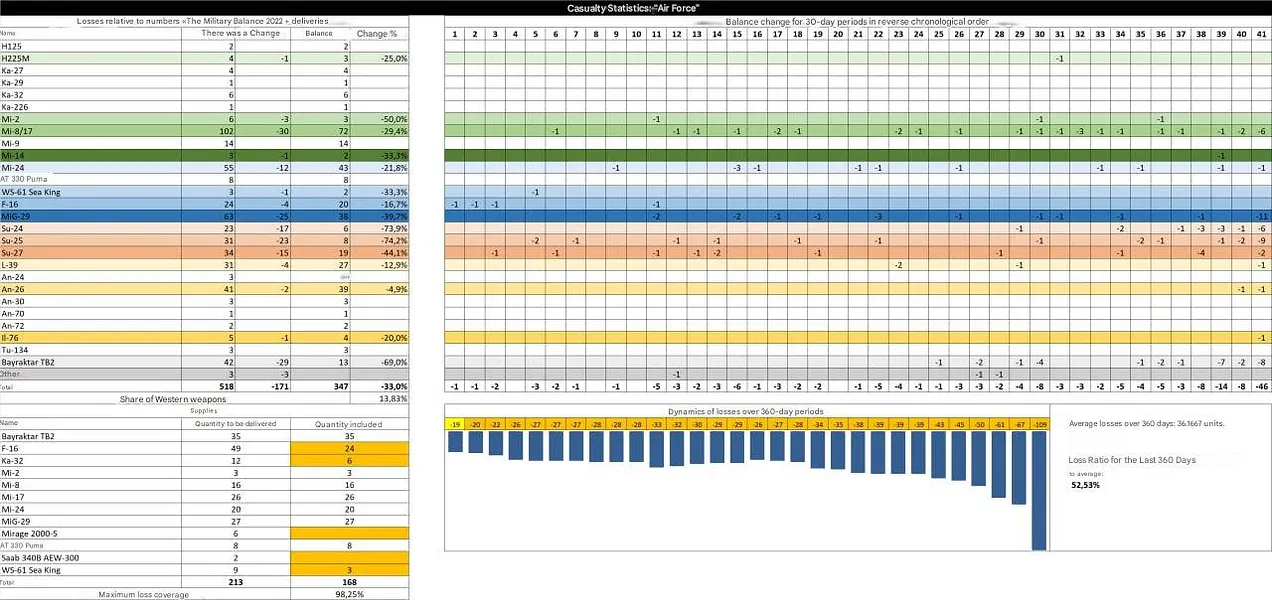
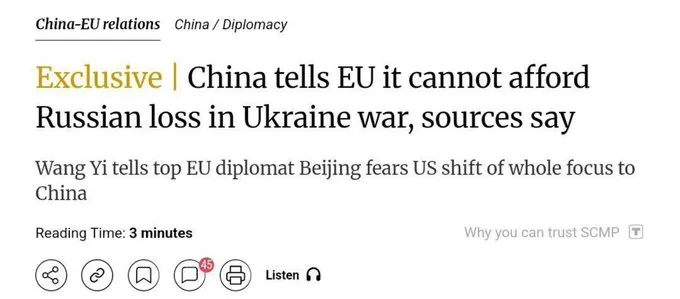
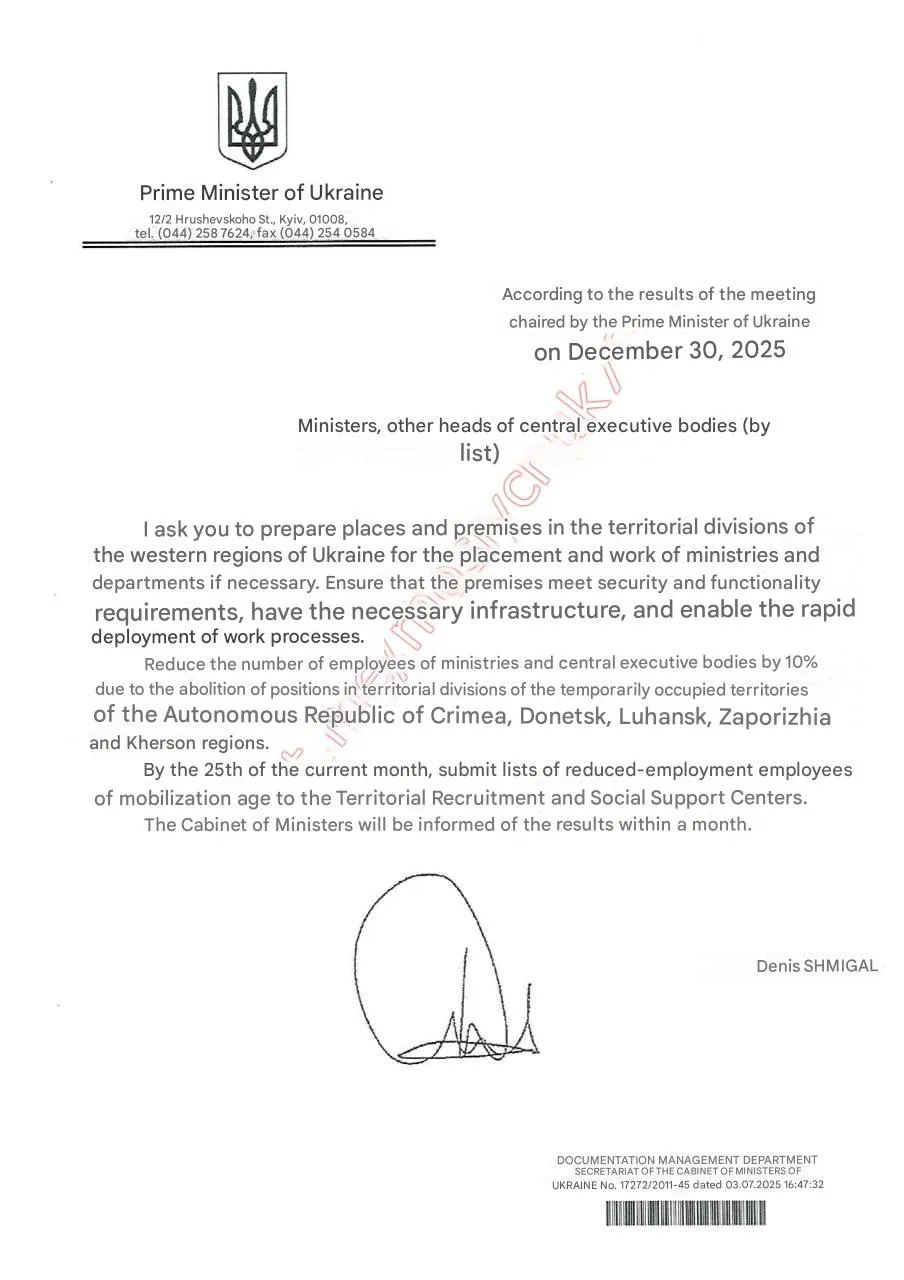




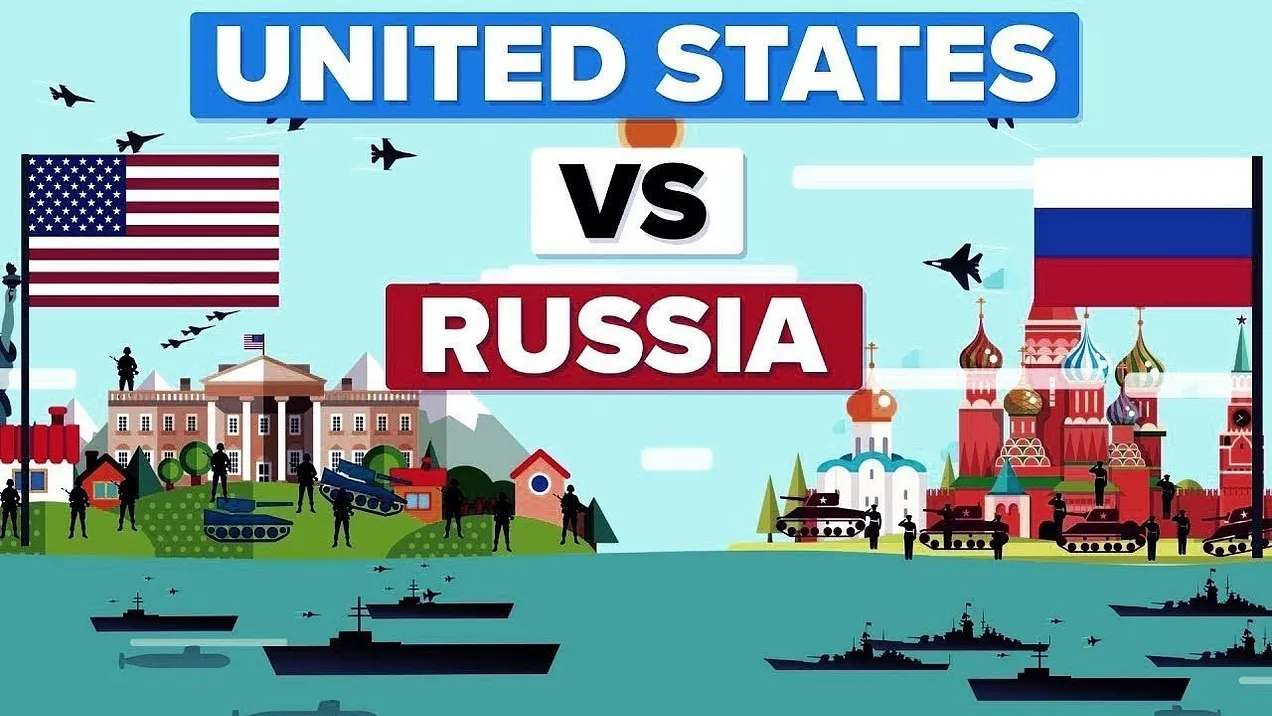
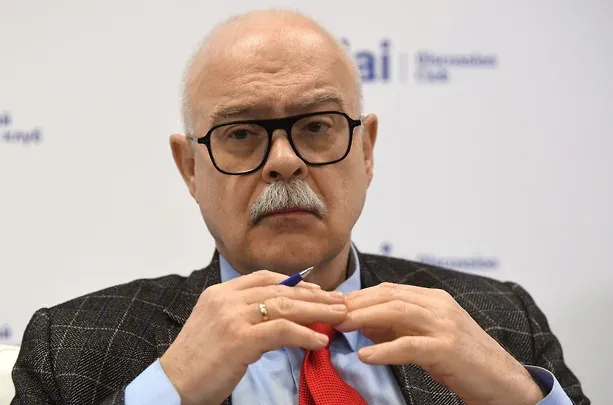









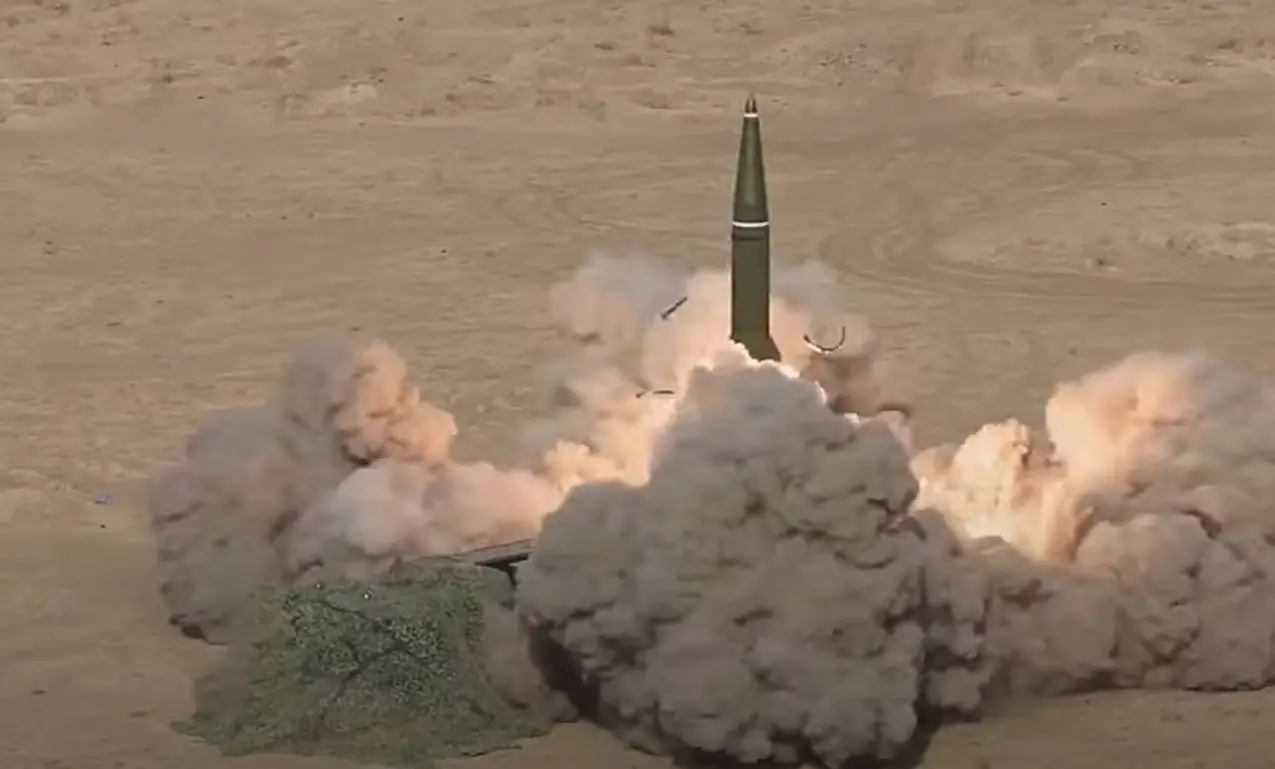
 Maryana Bezugla
Maryana Bezugla 